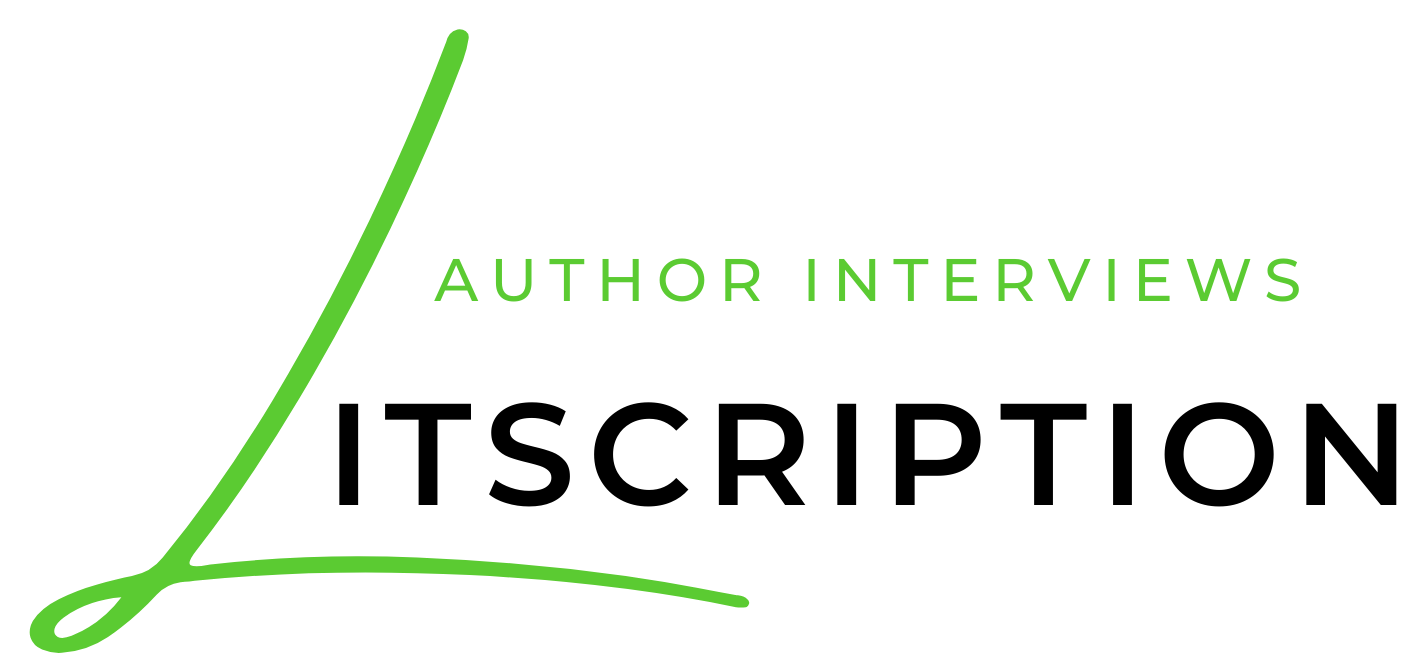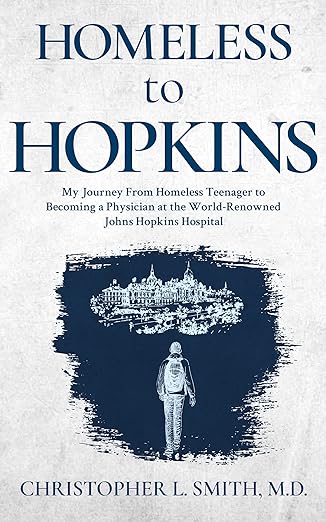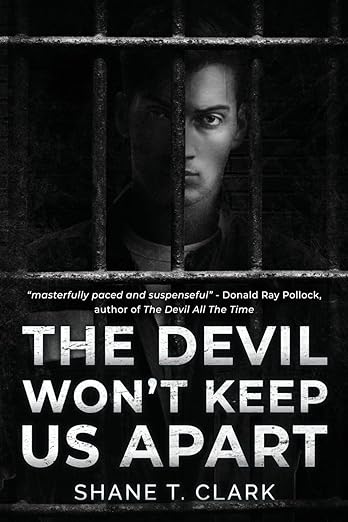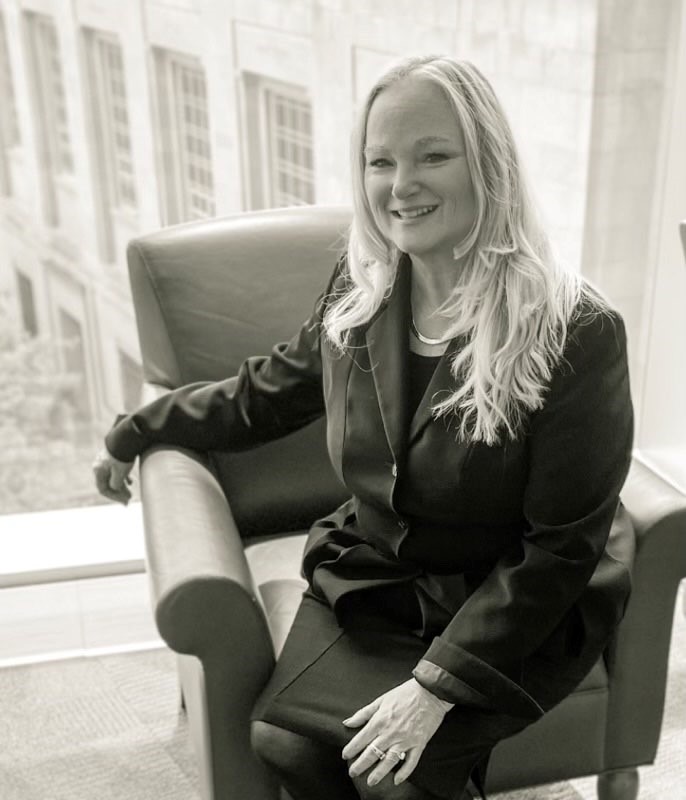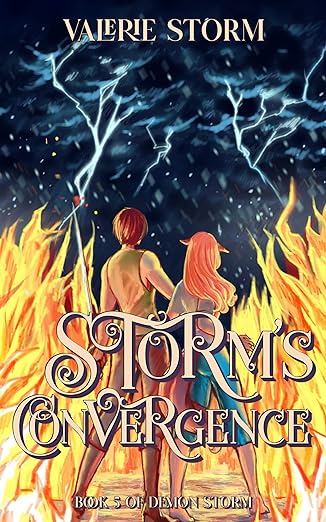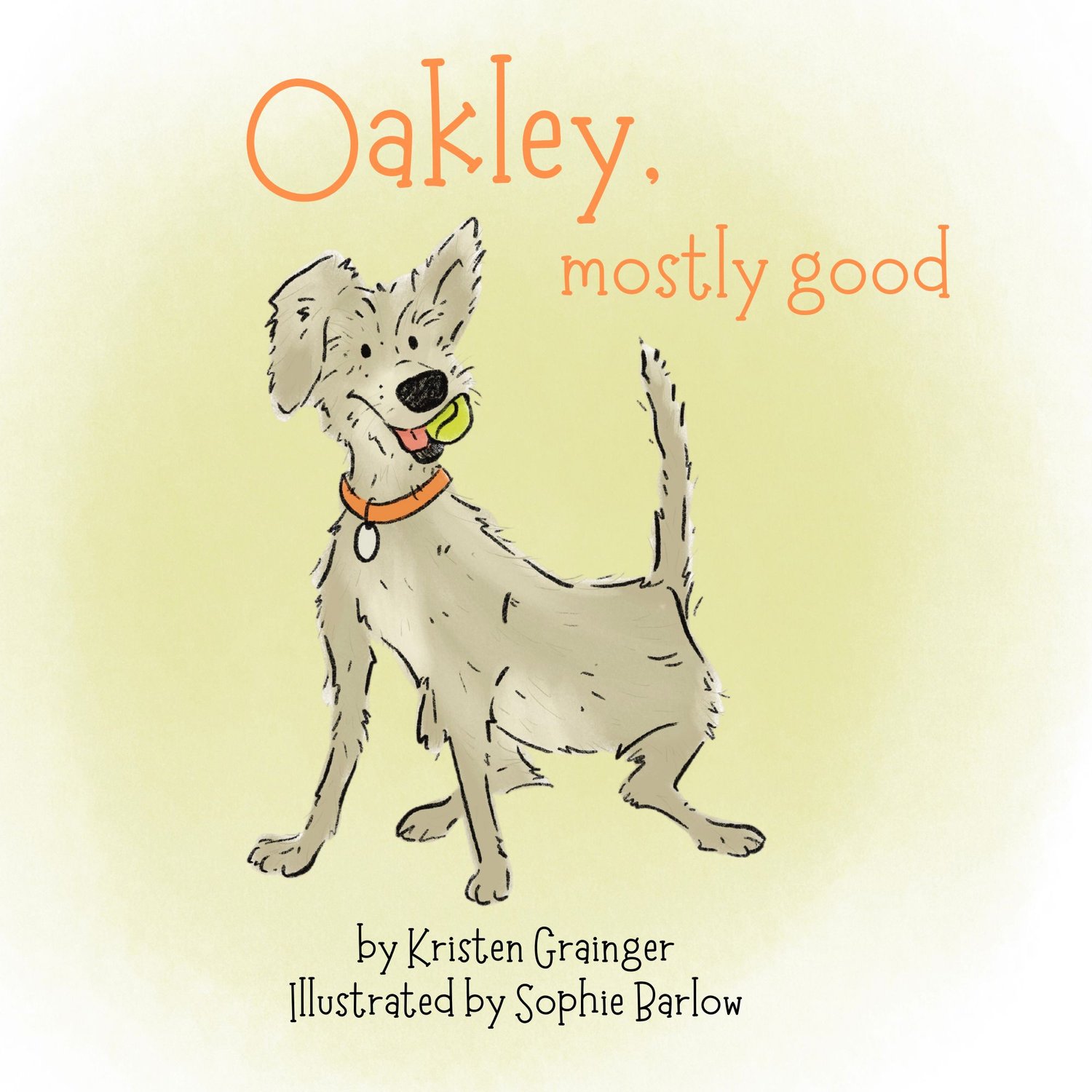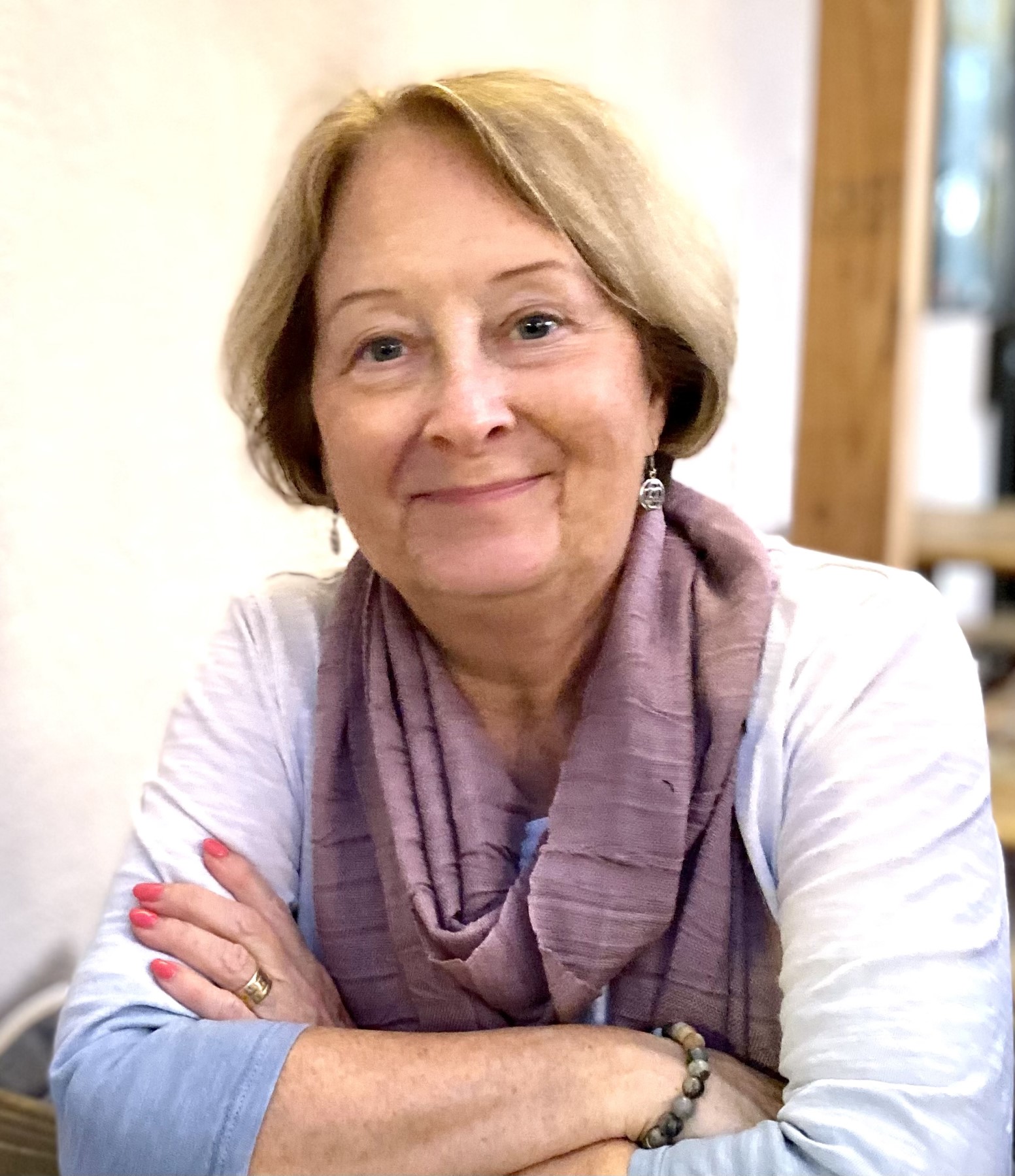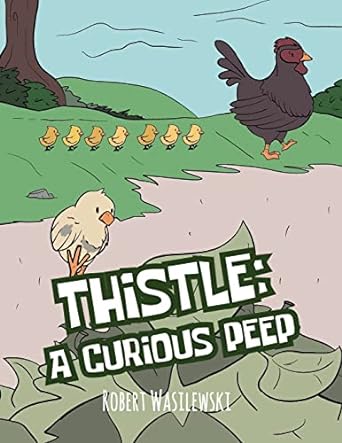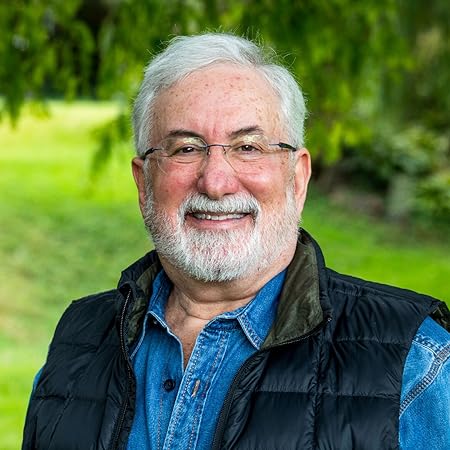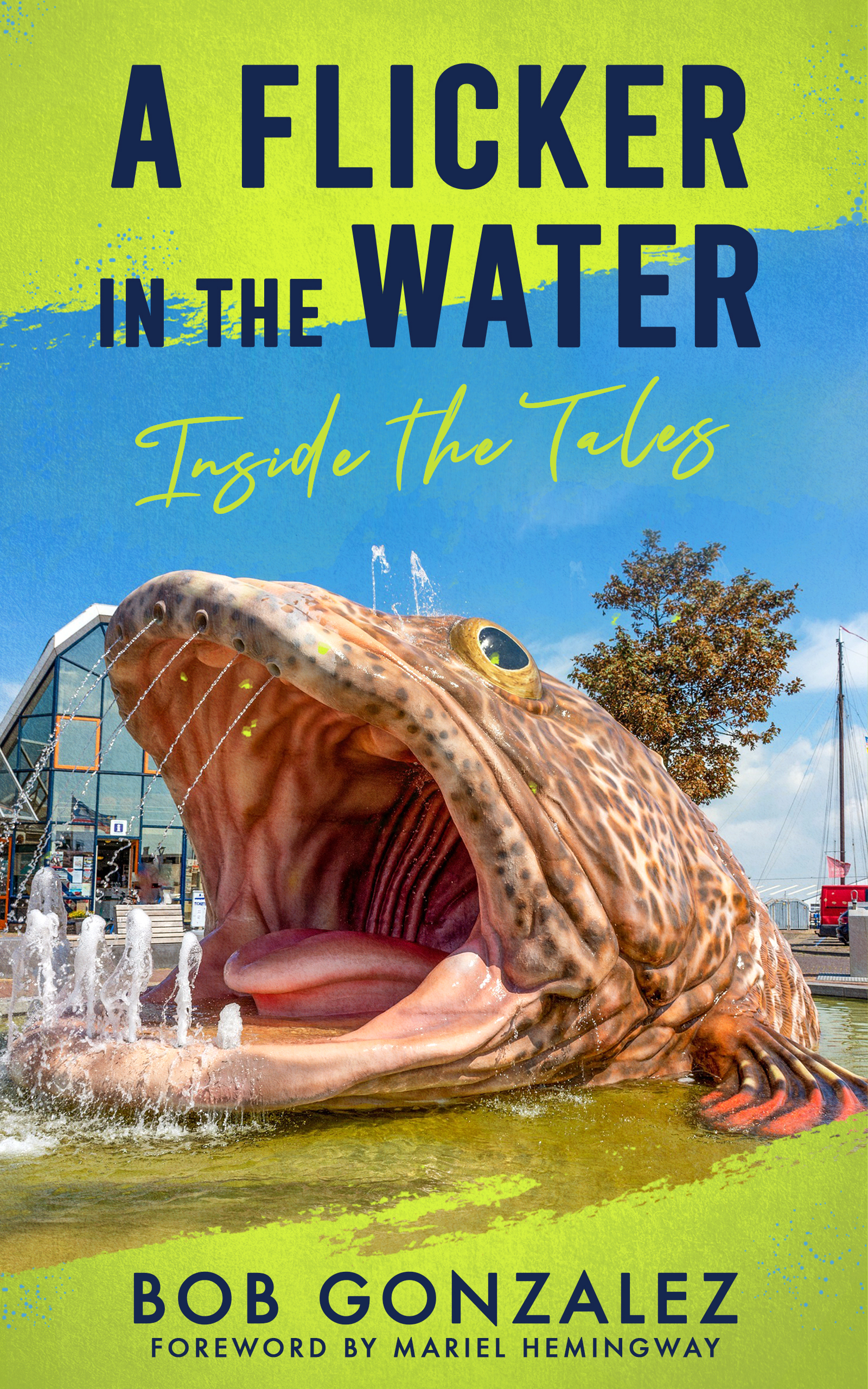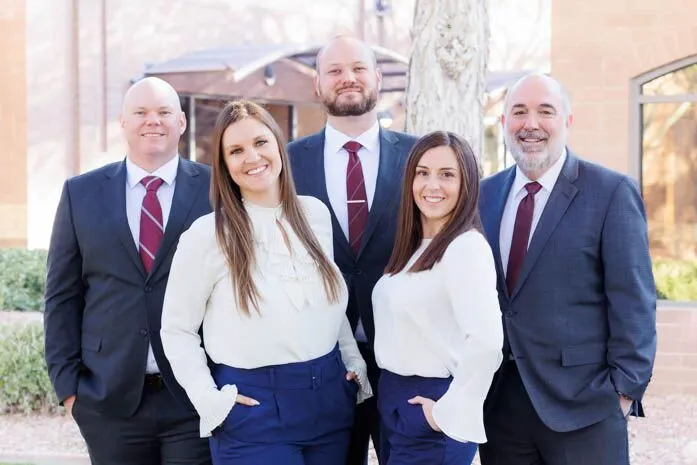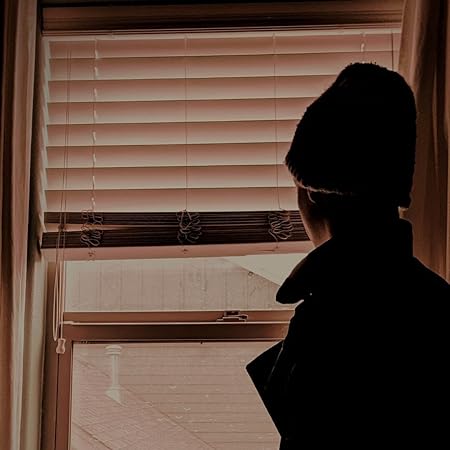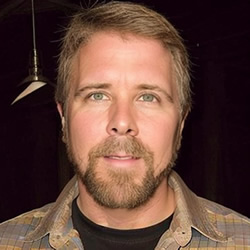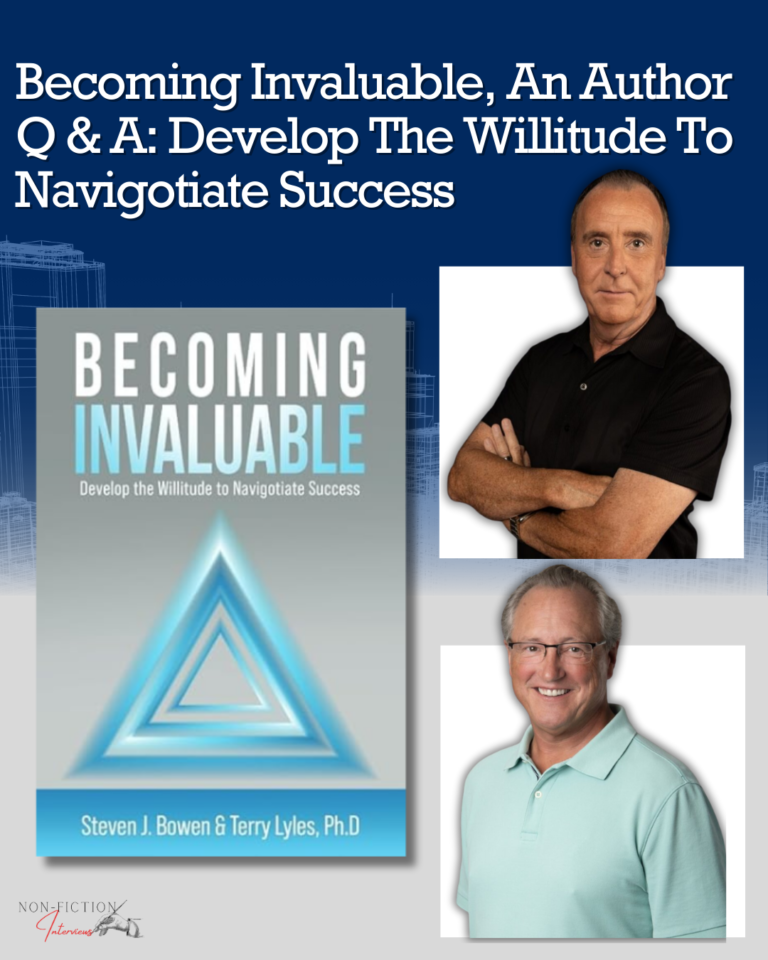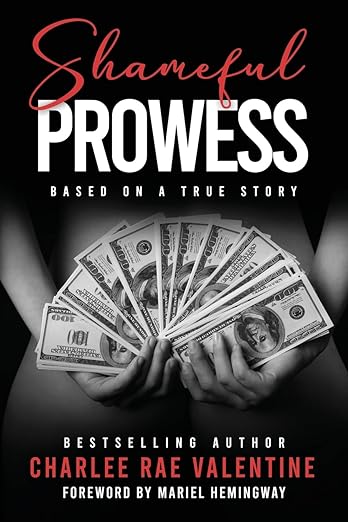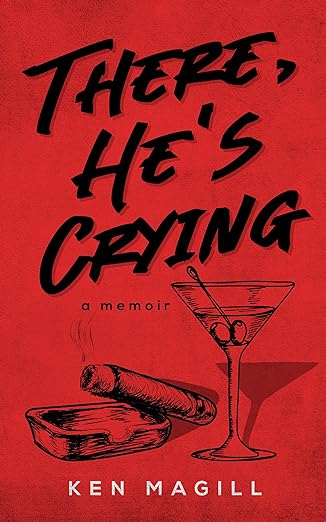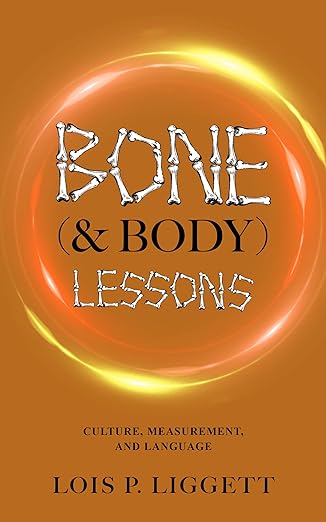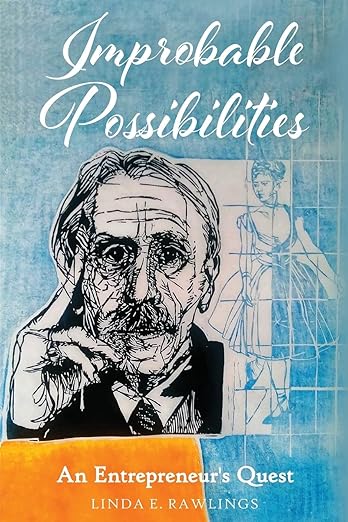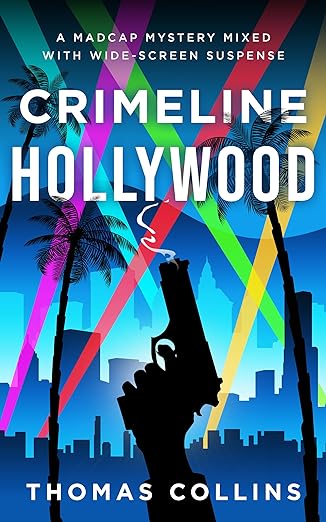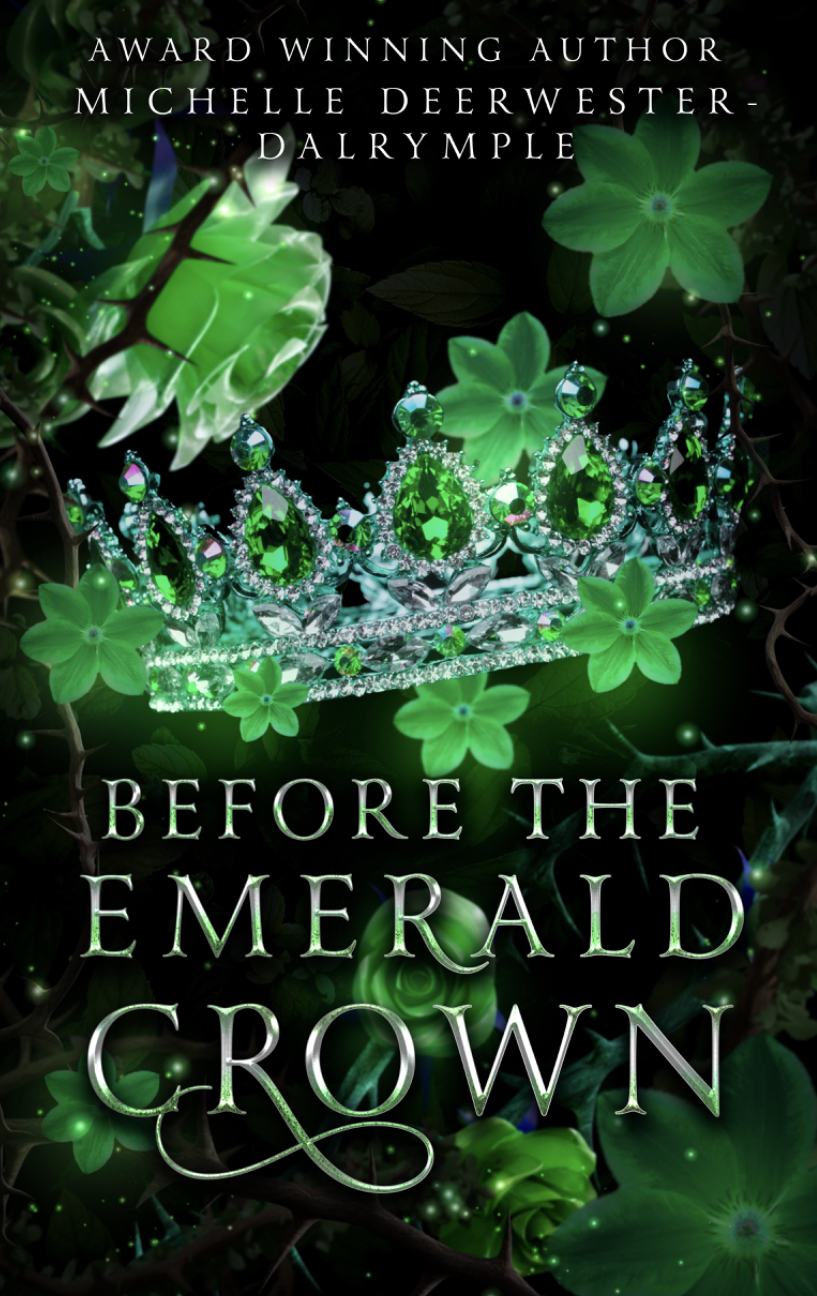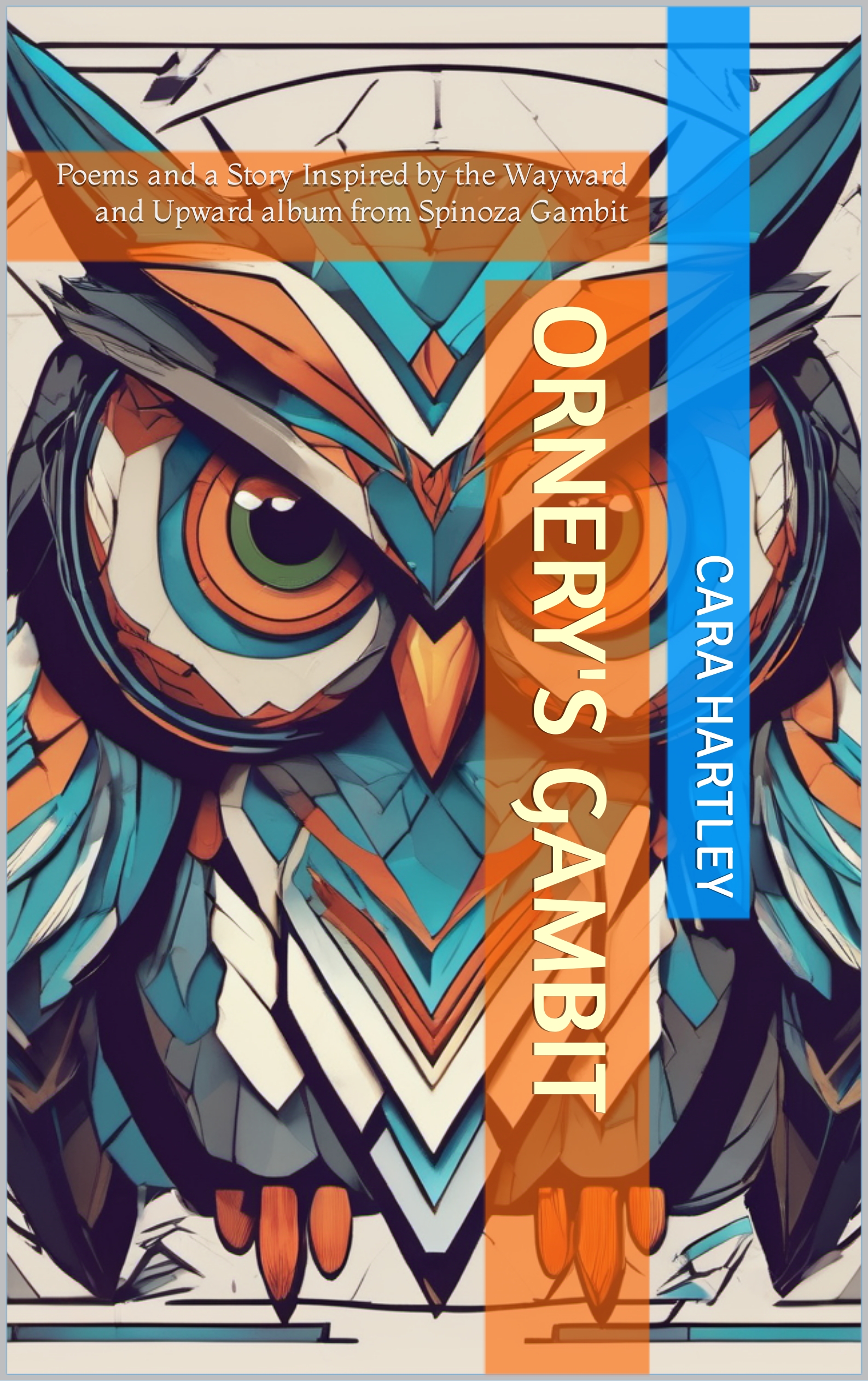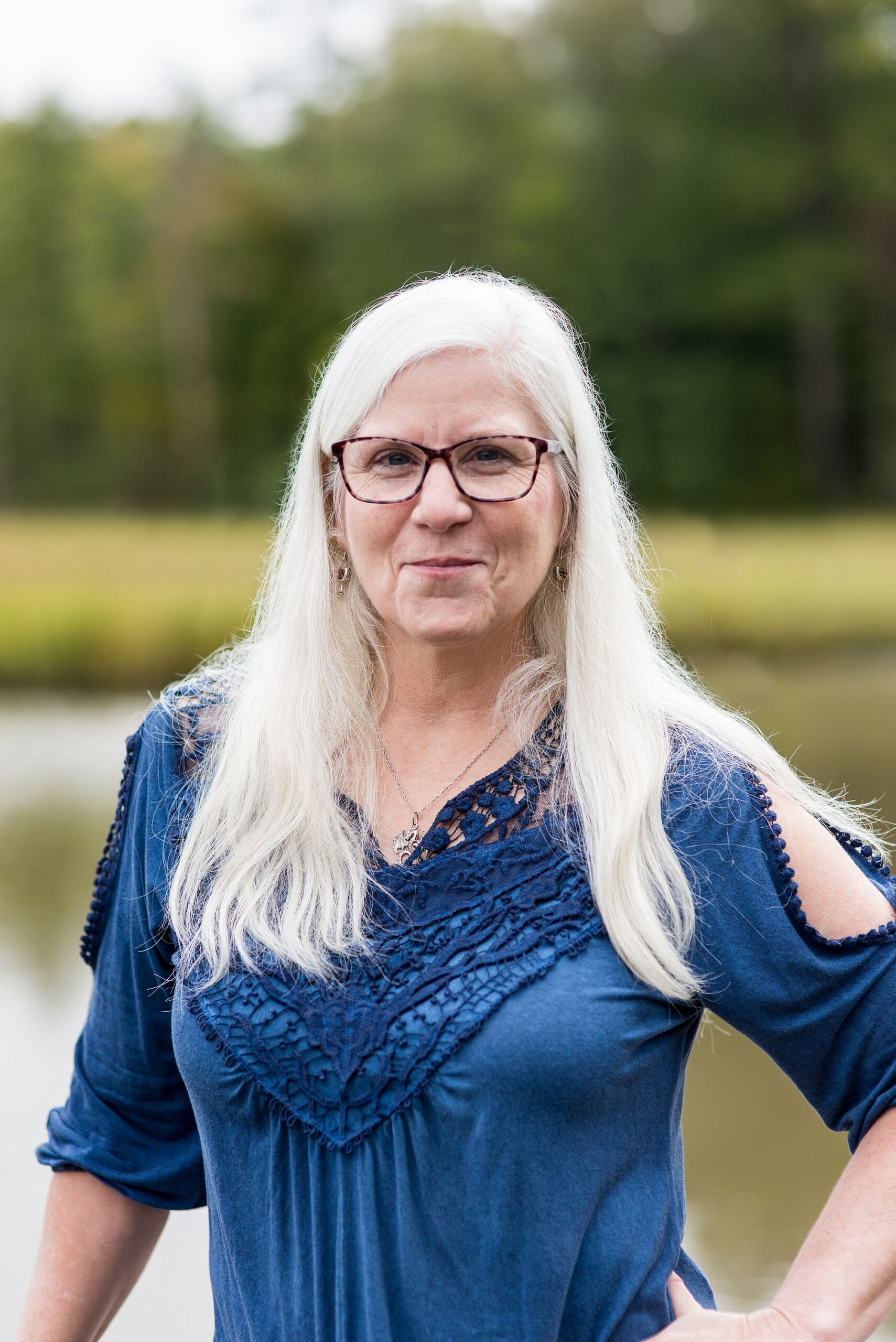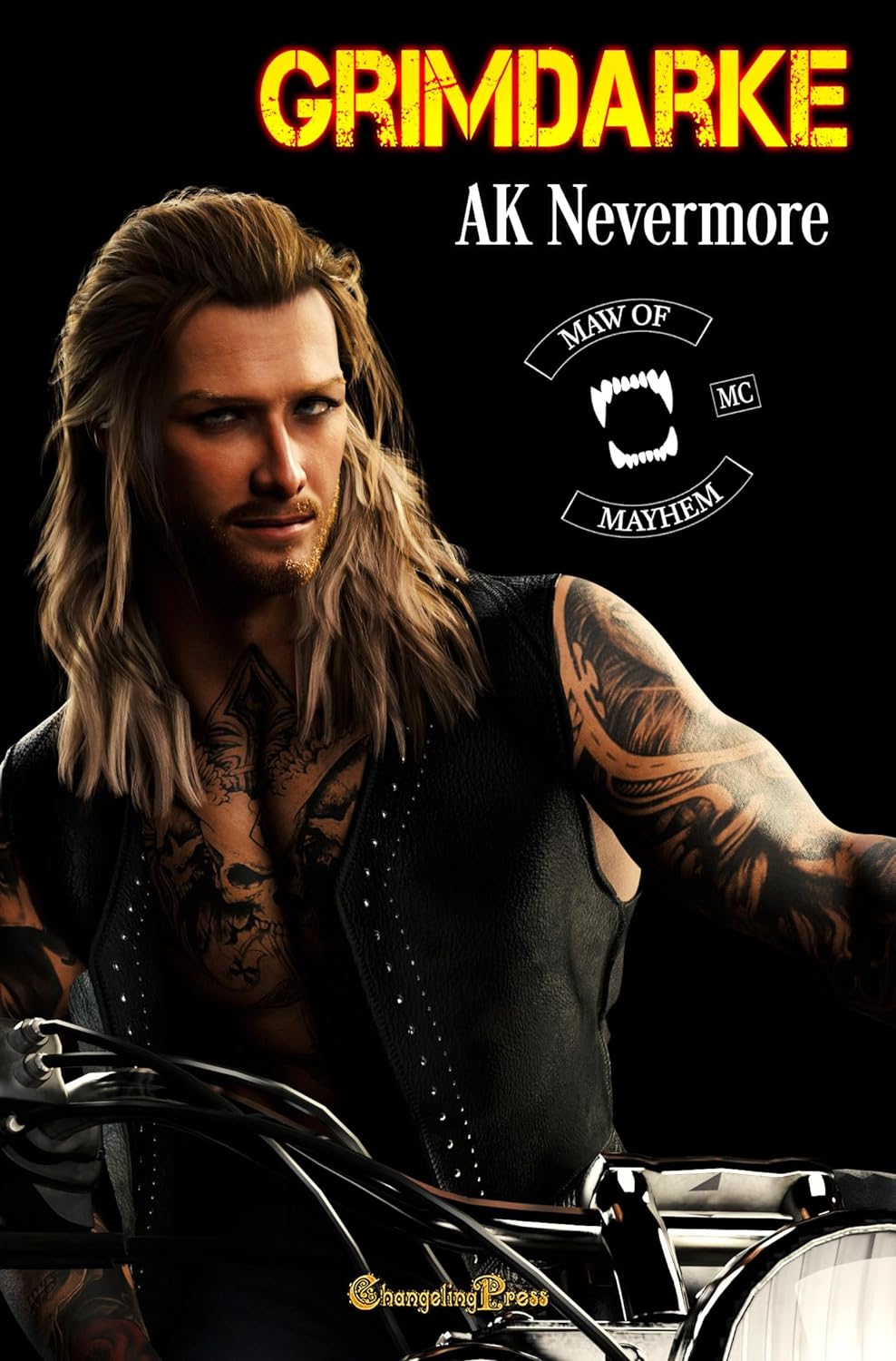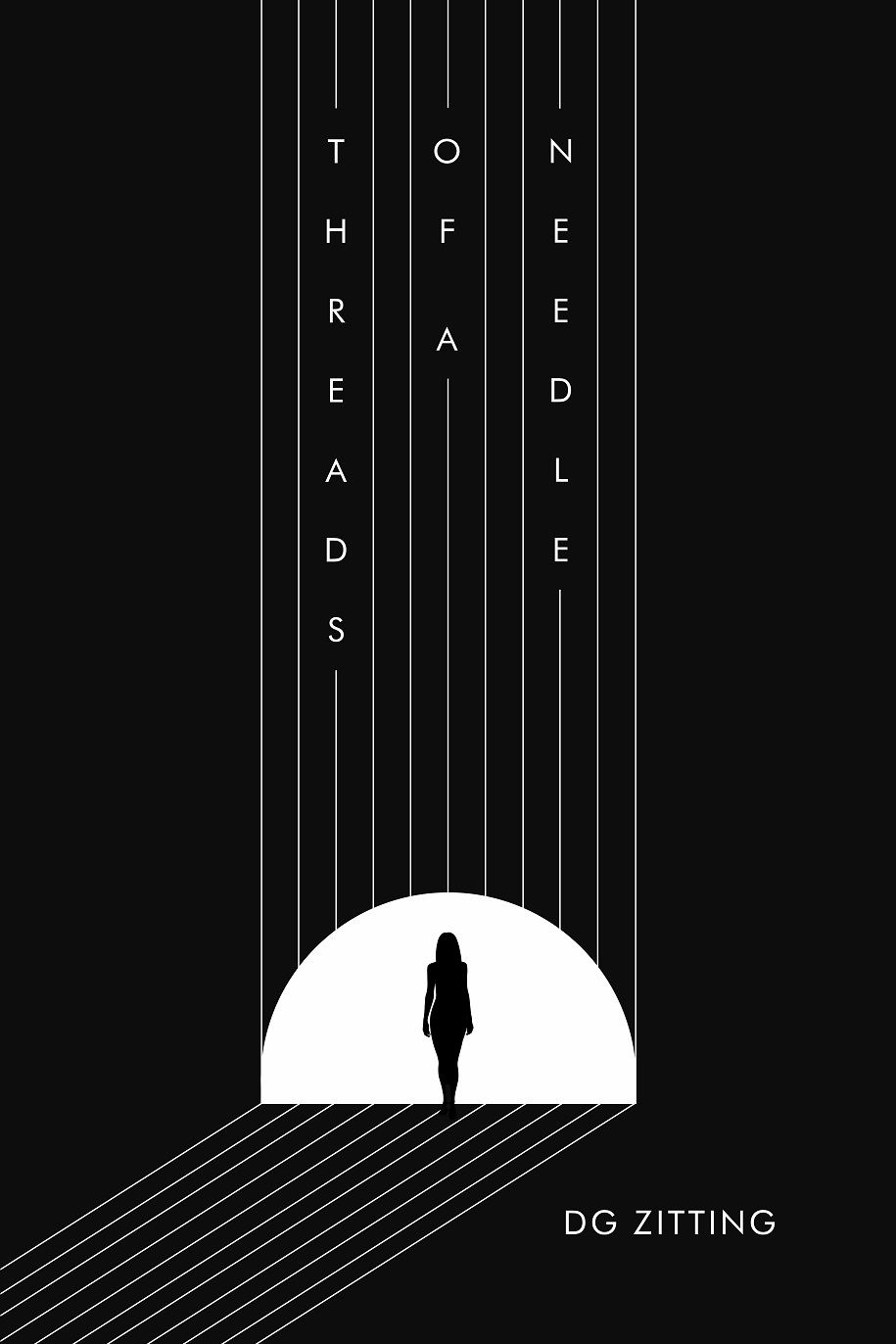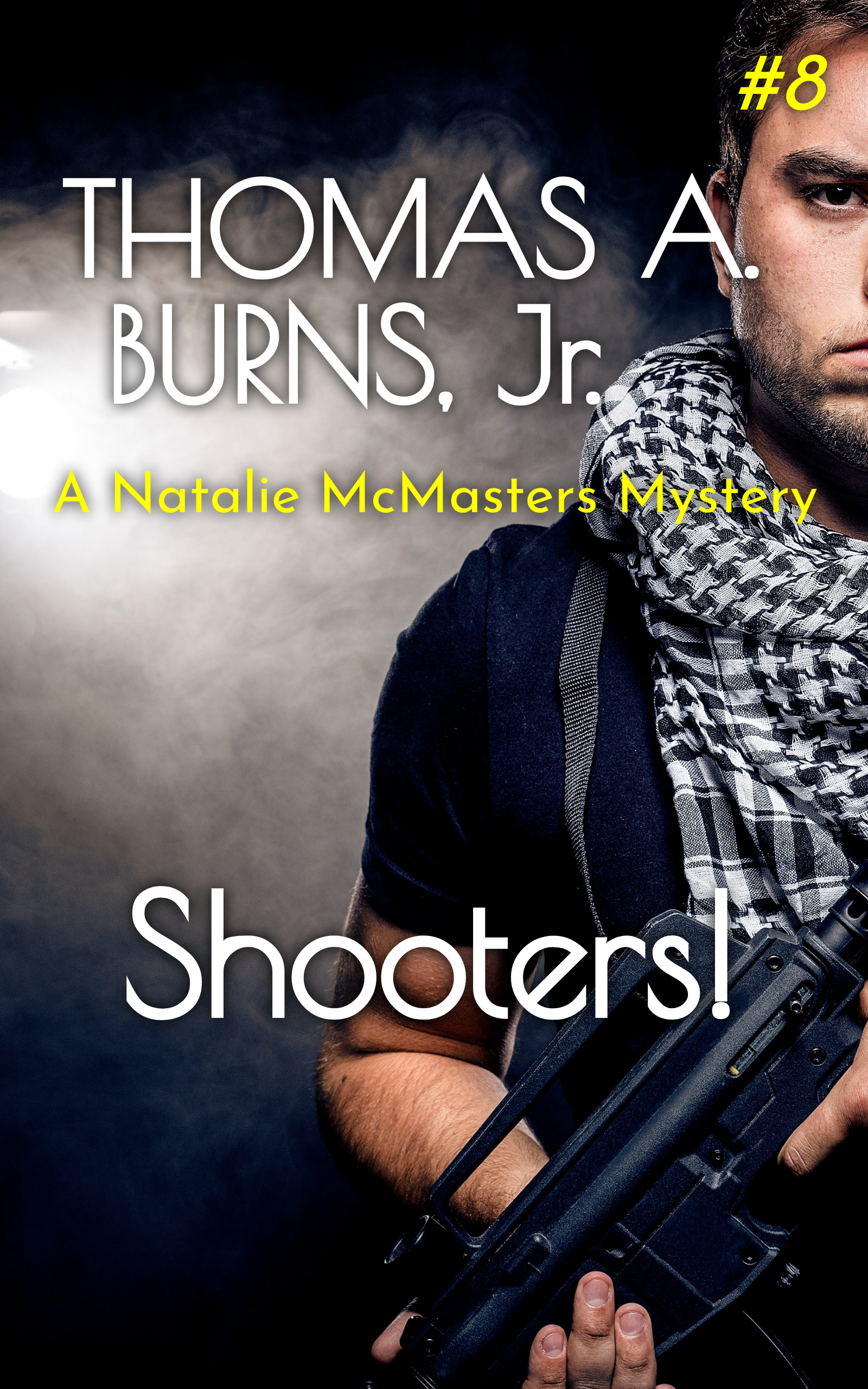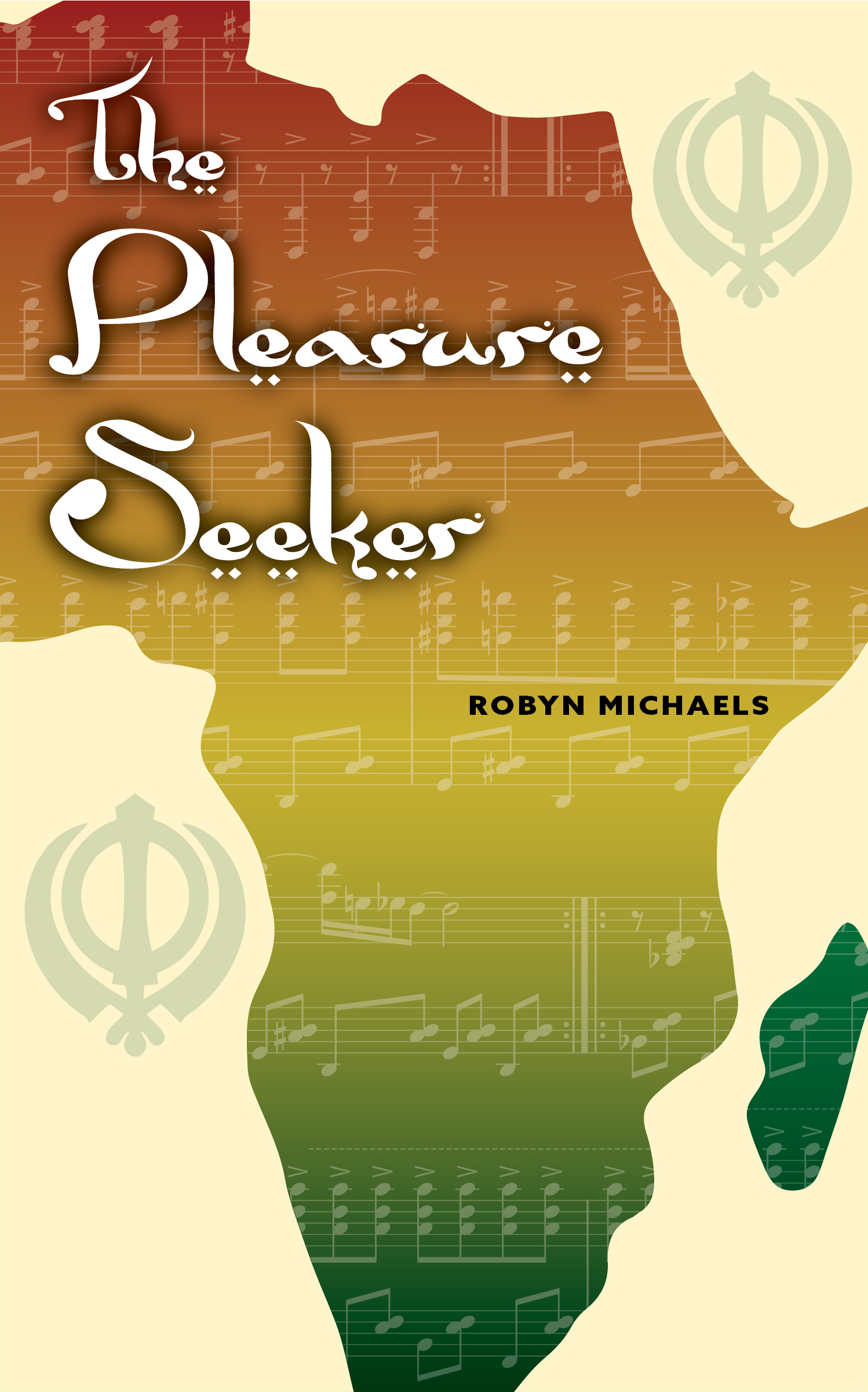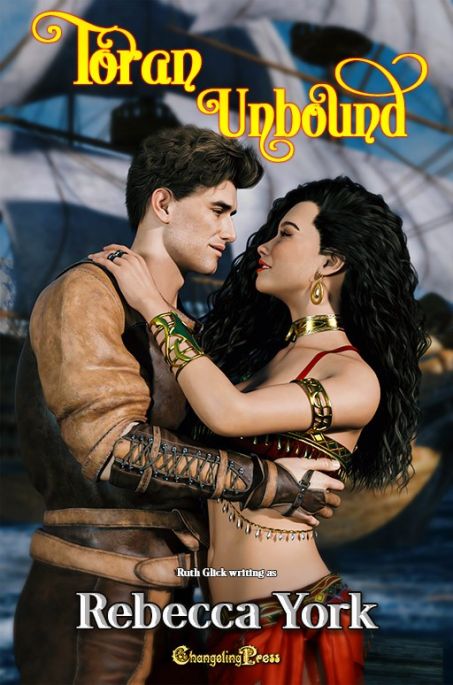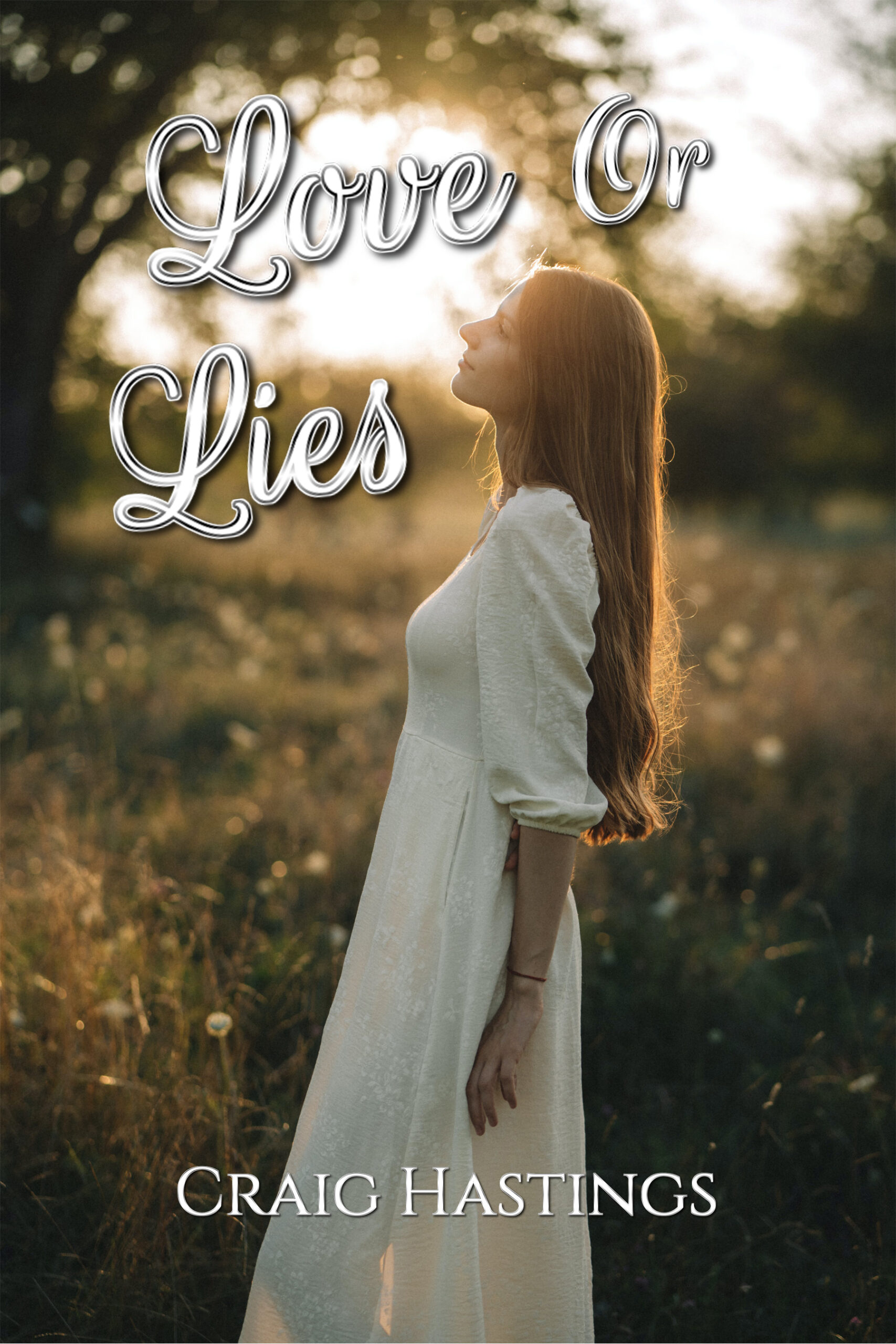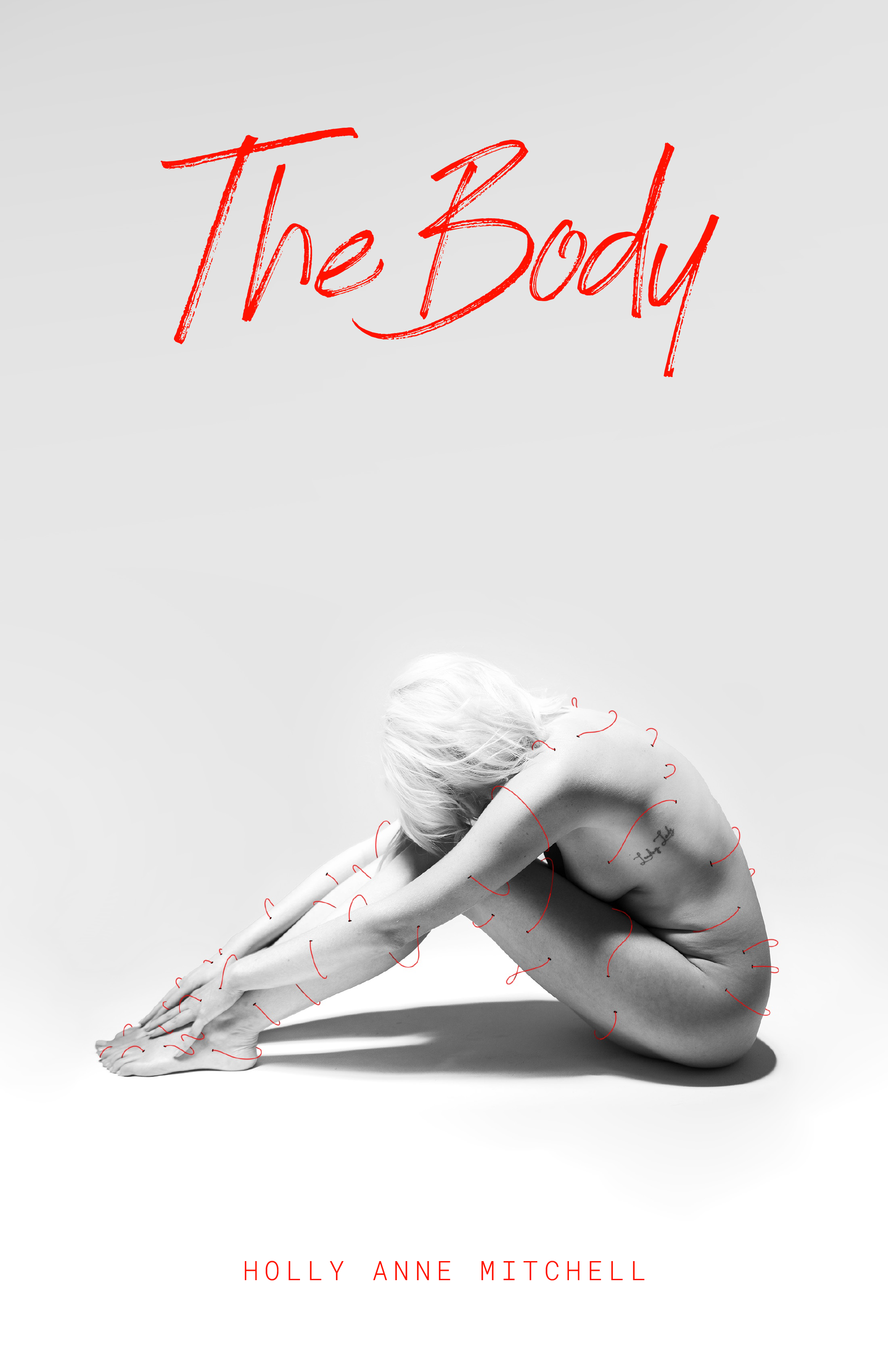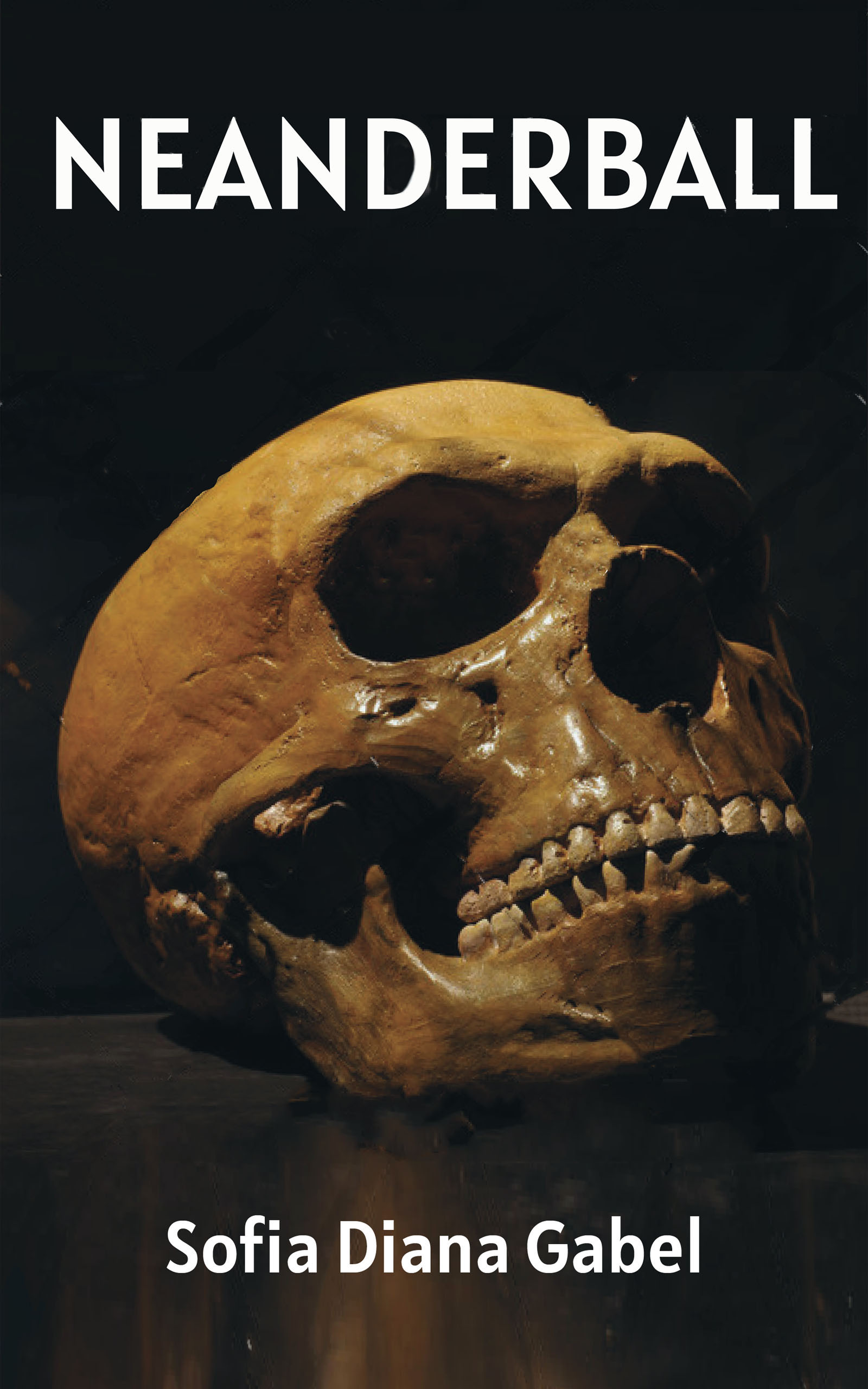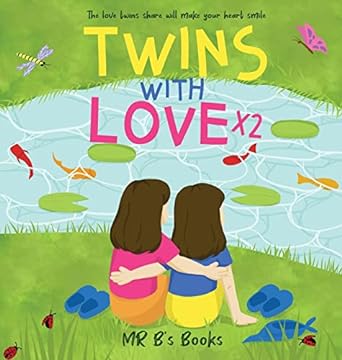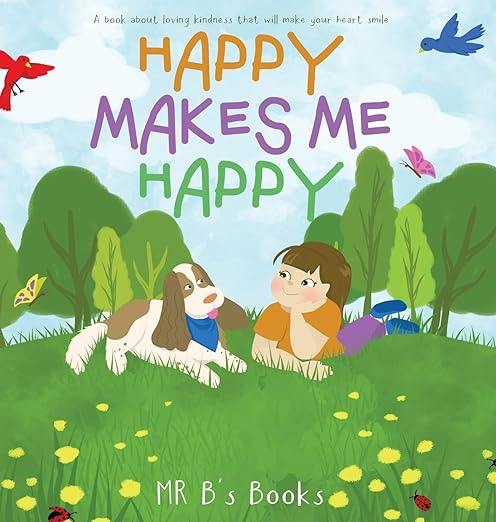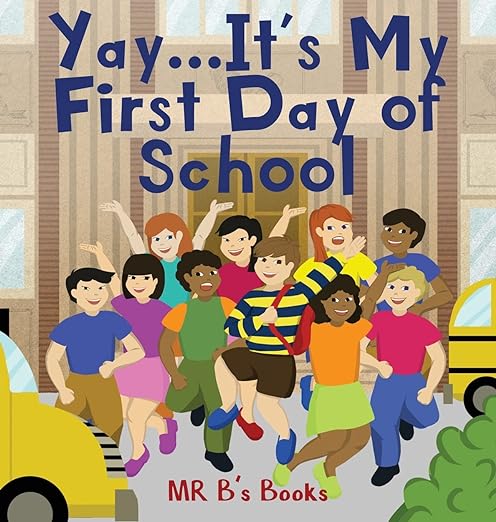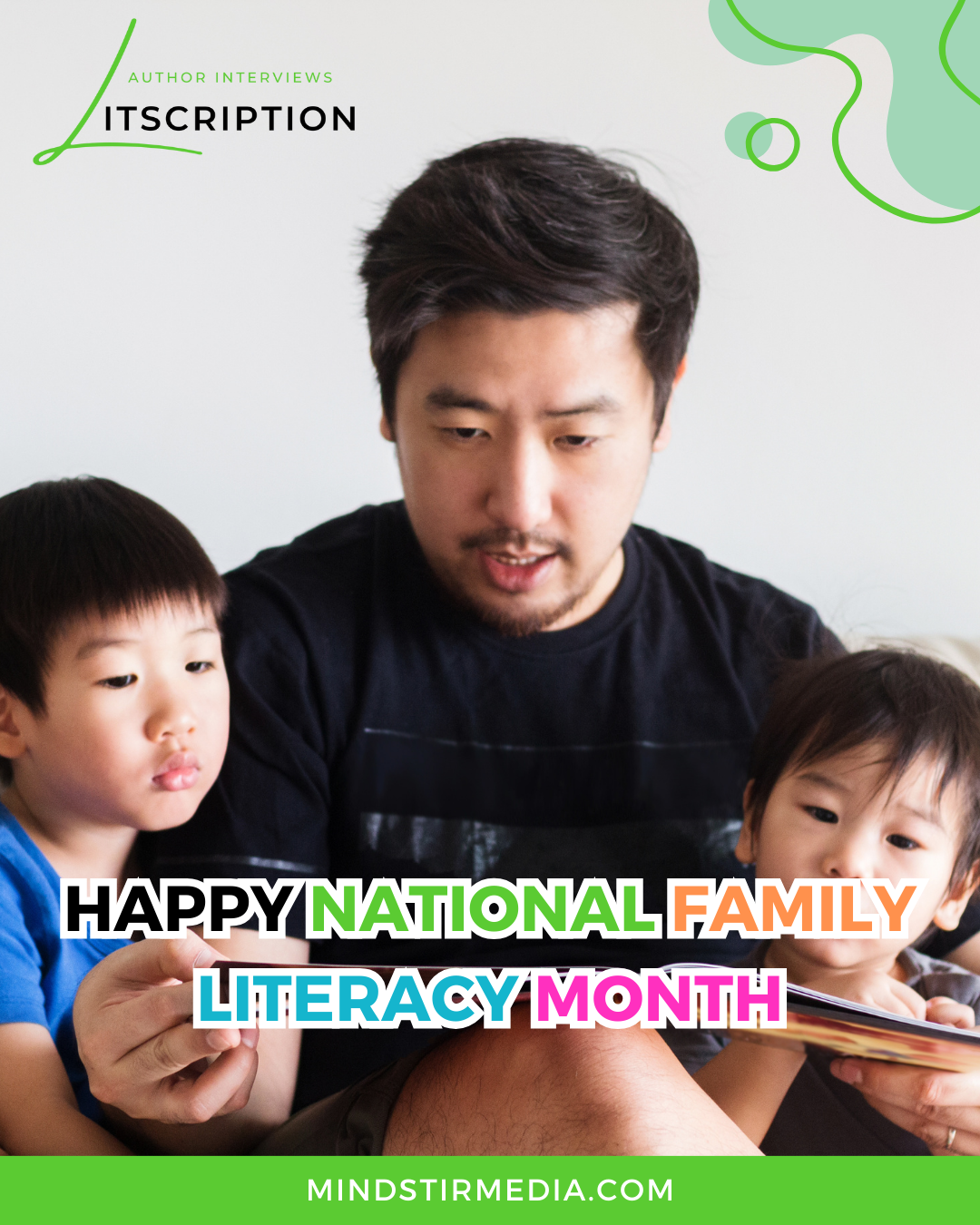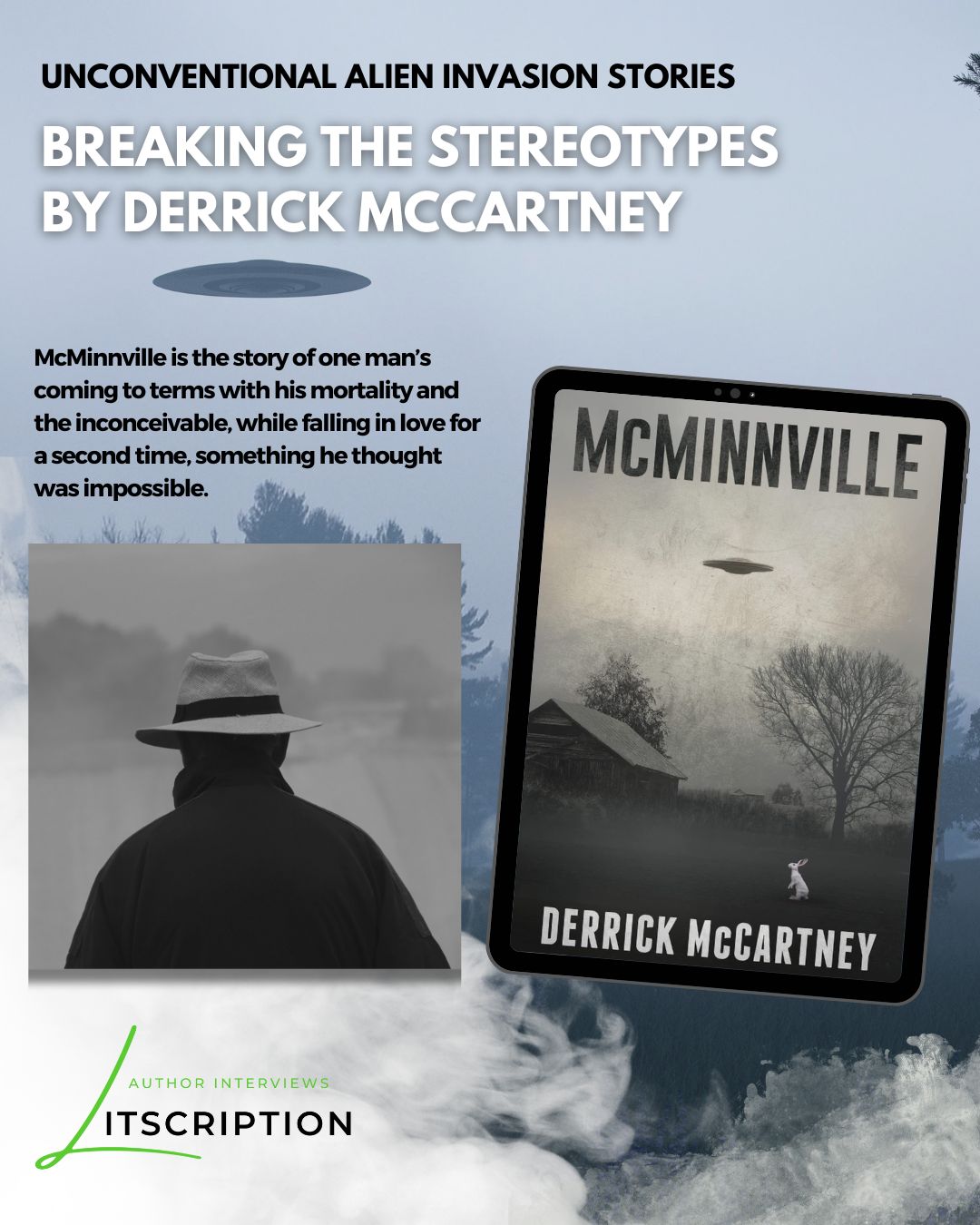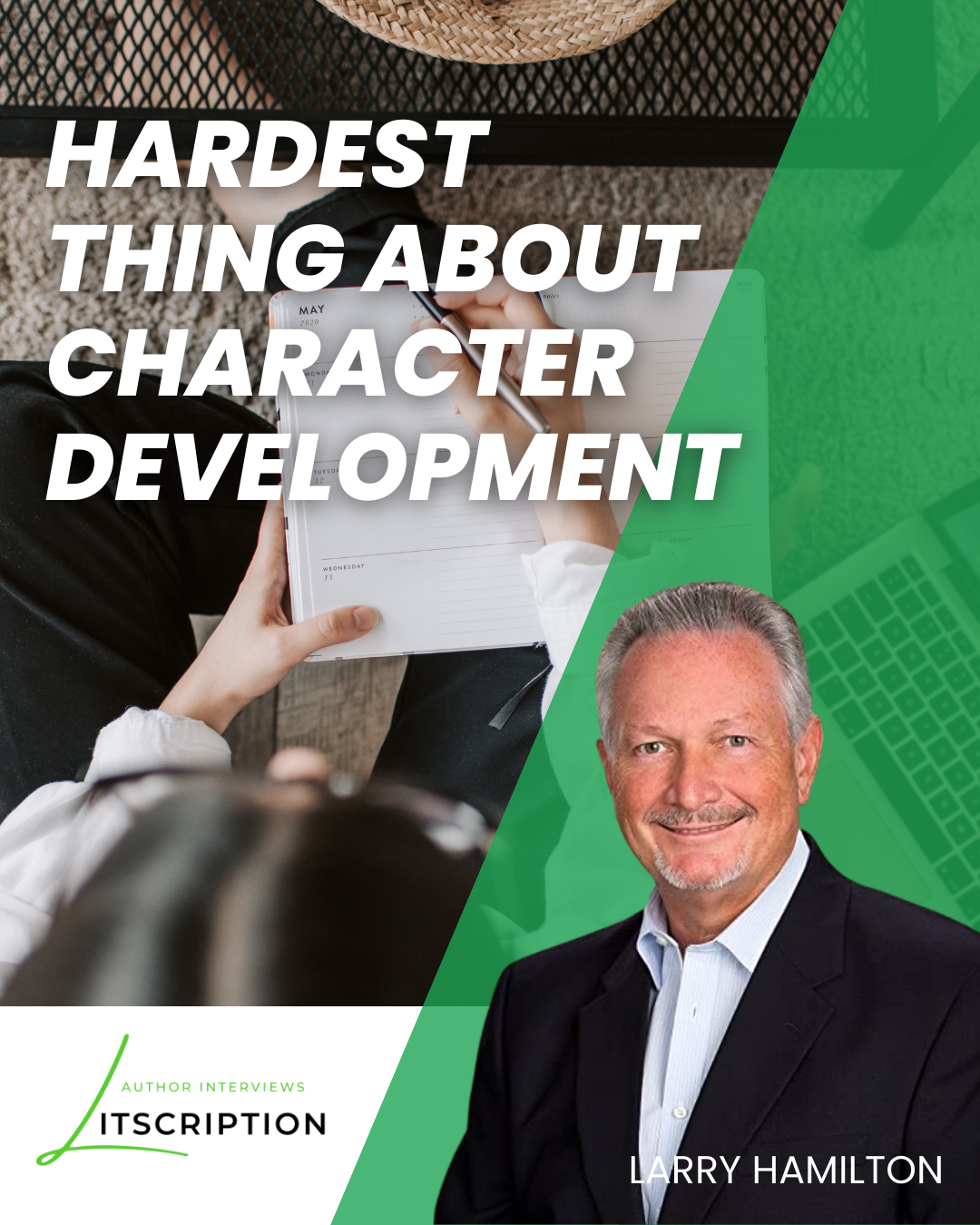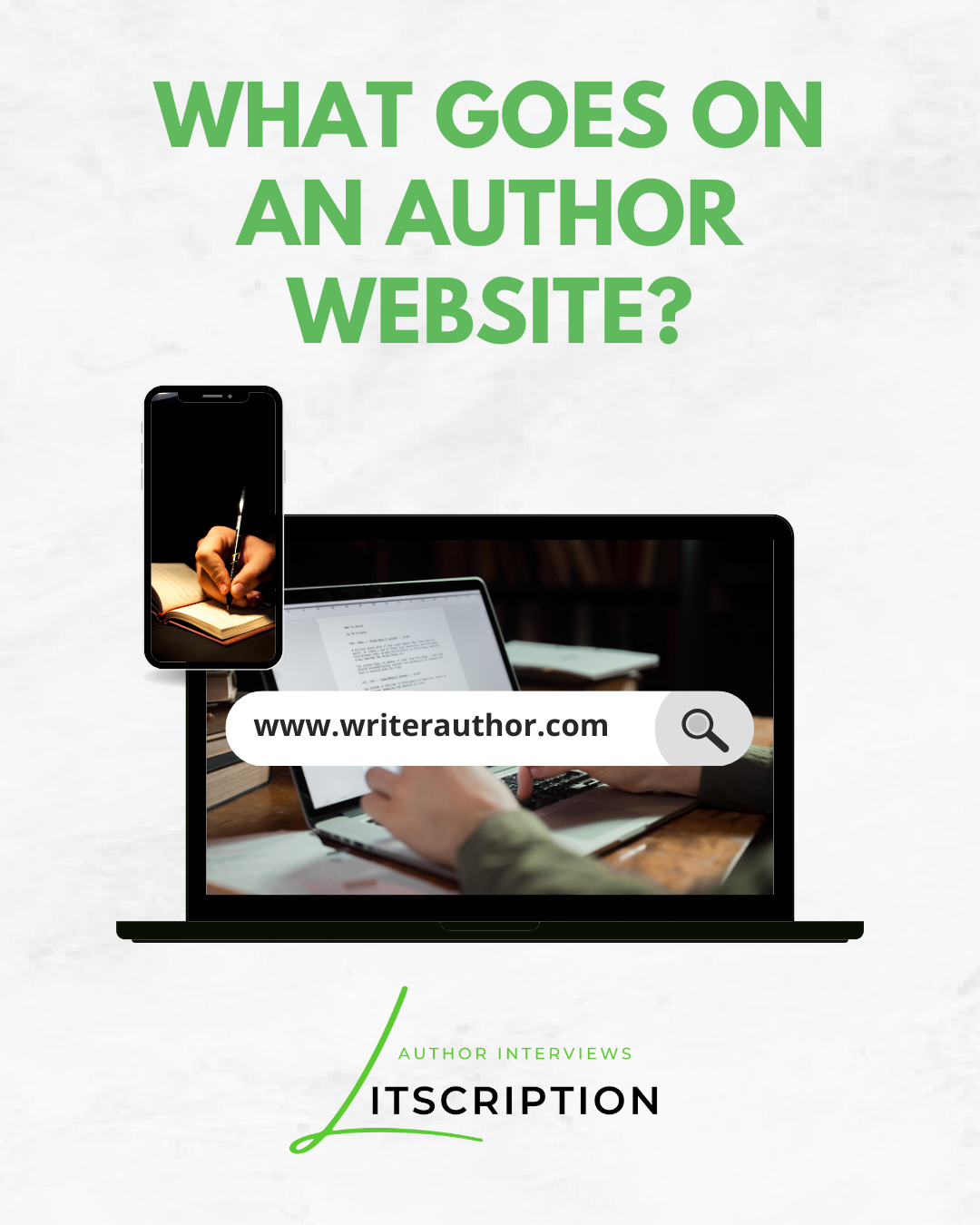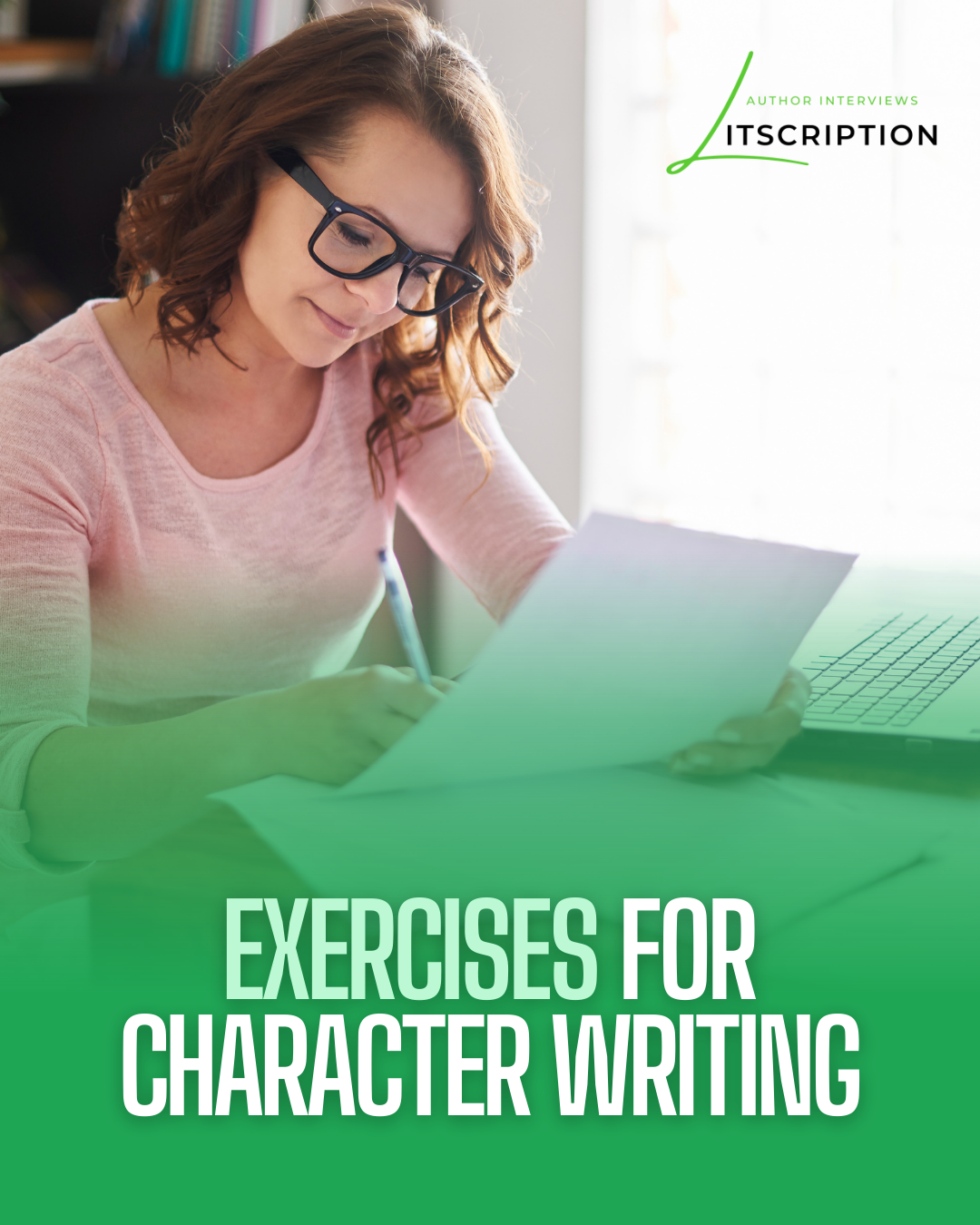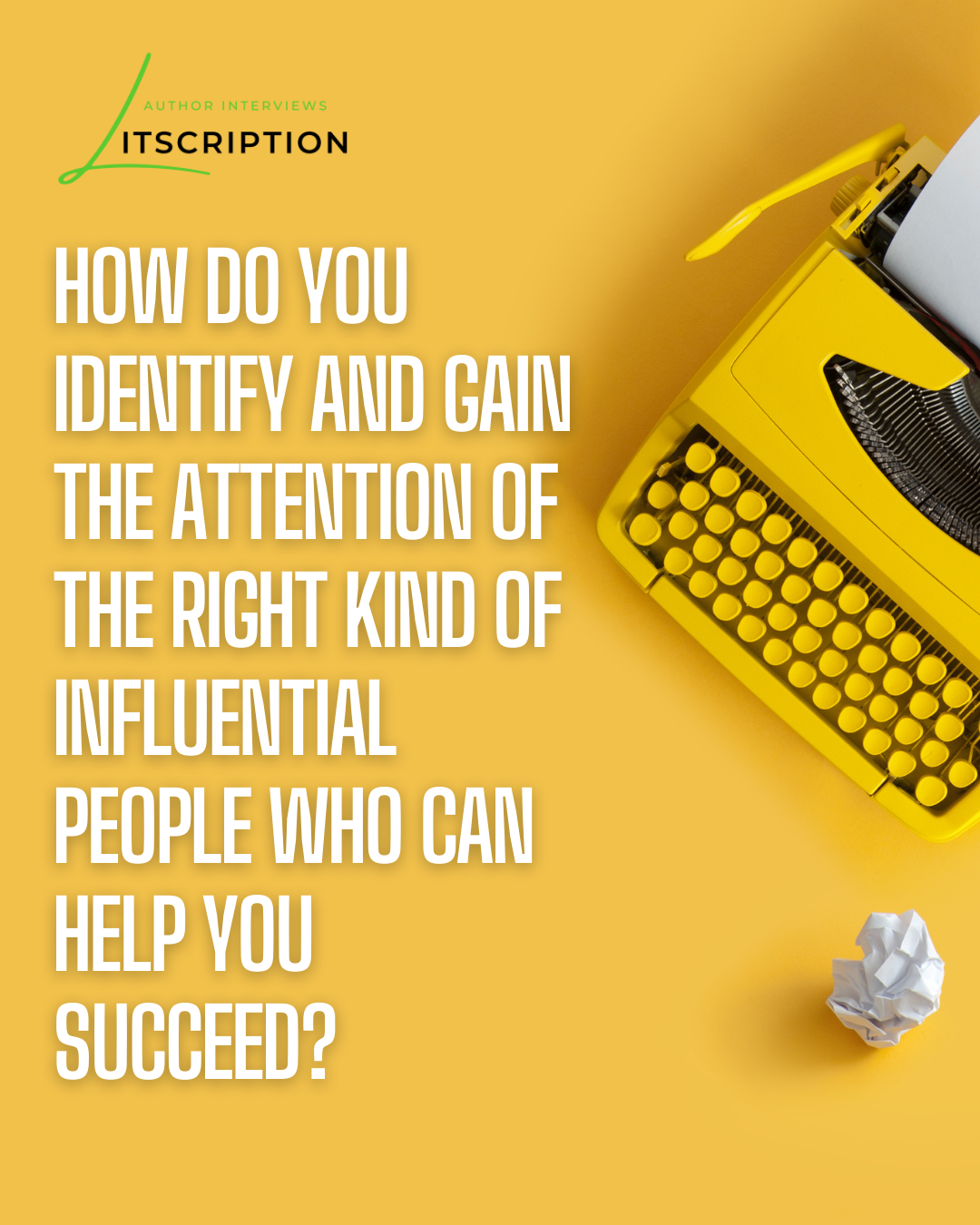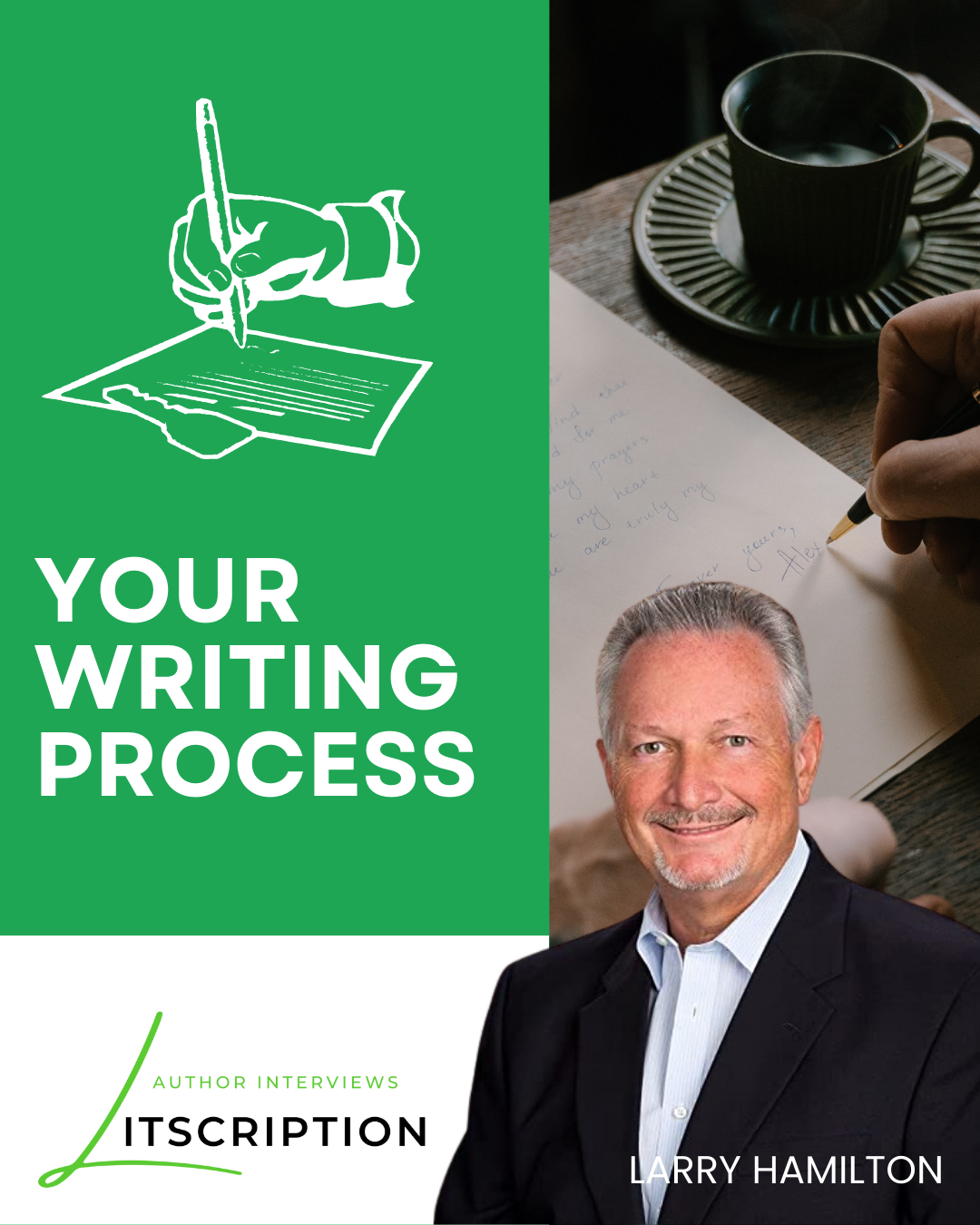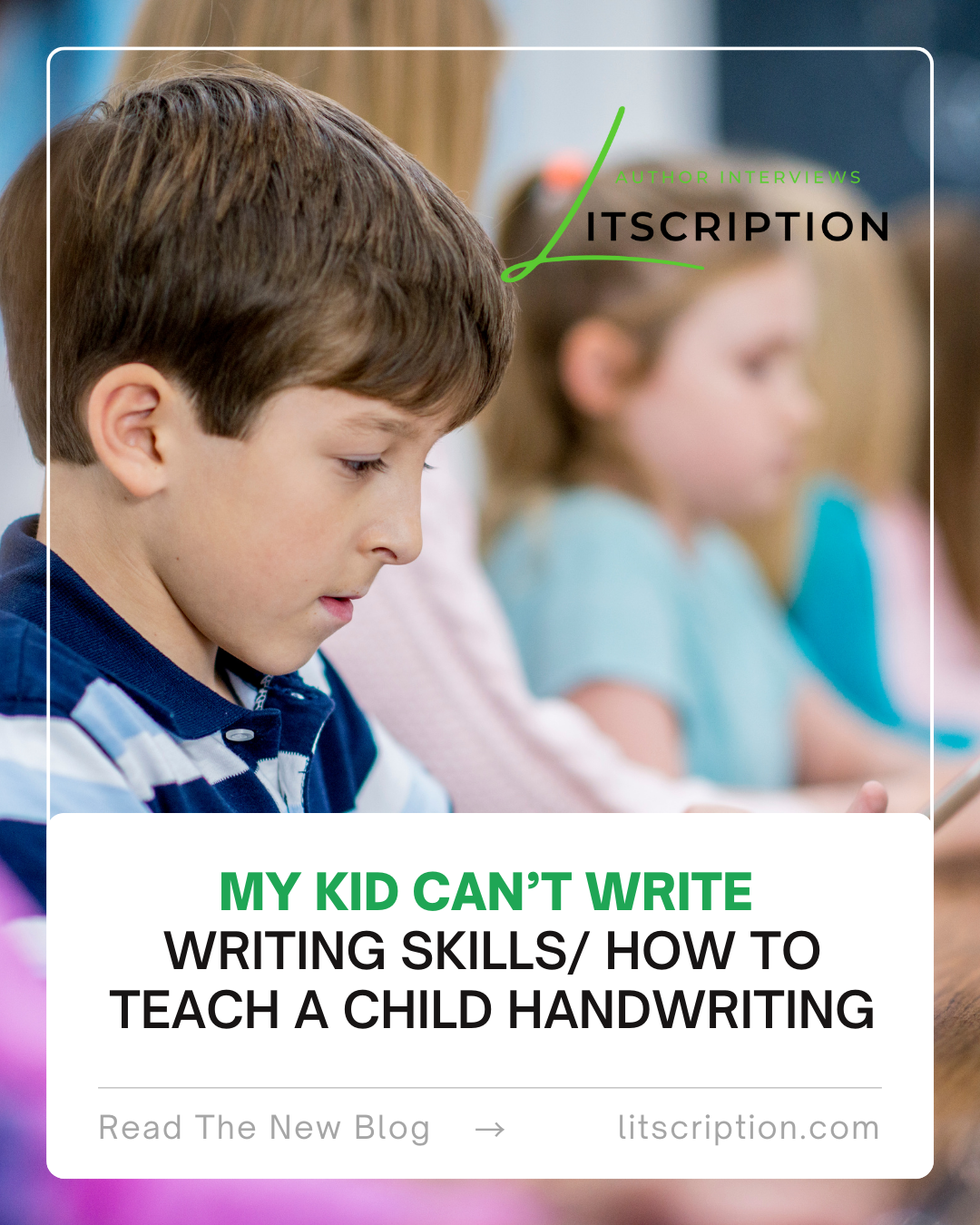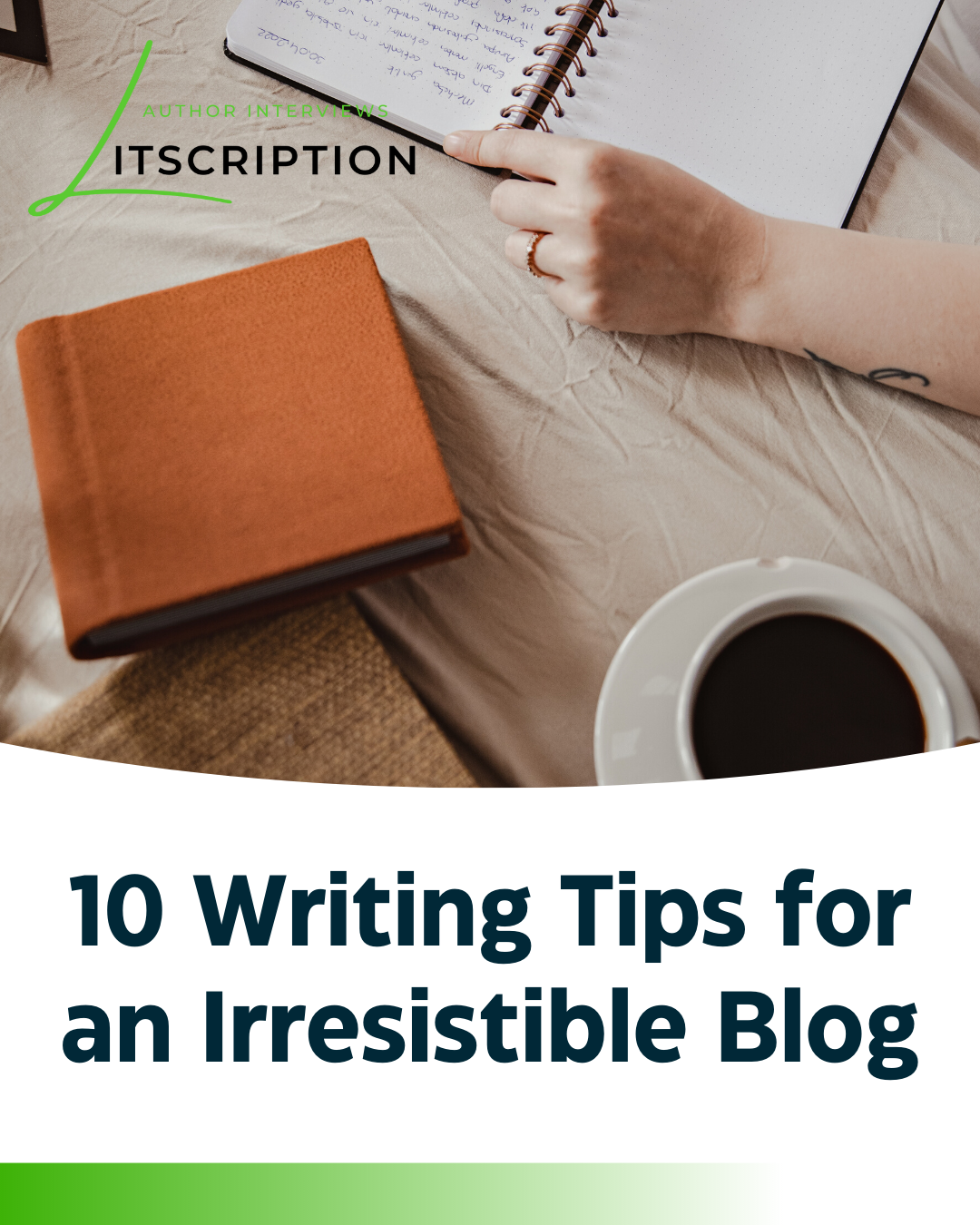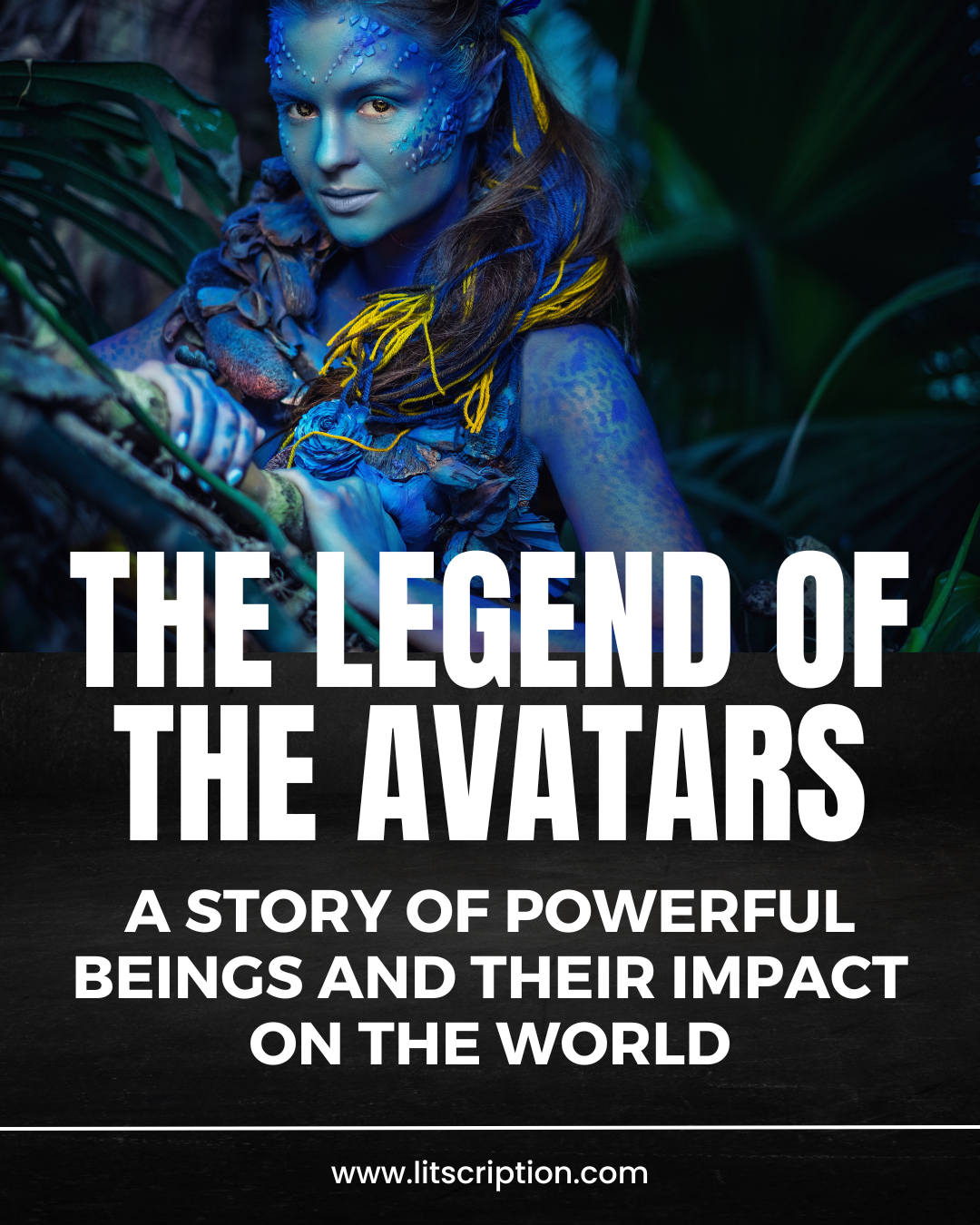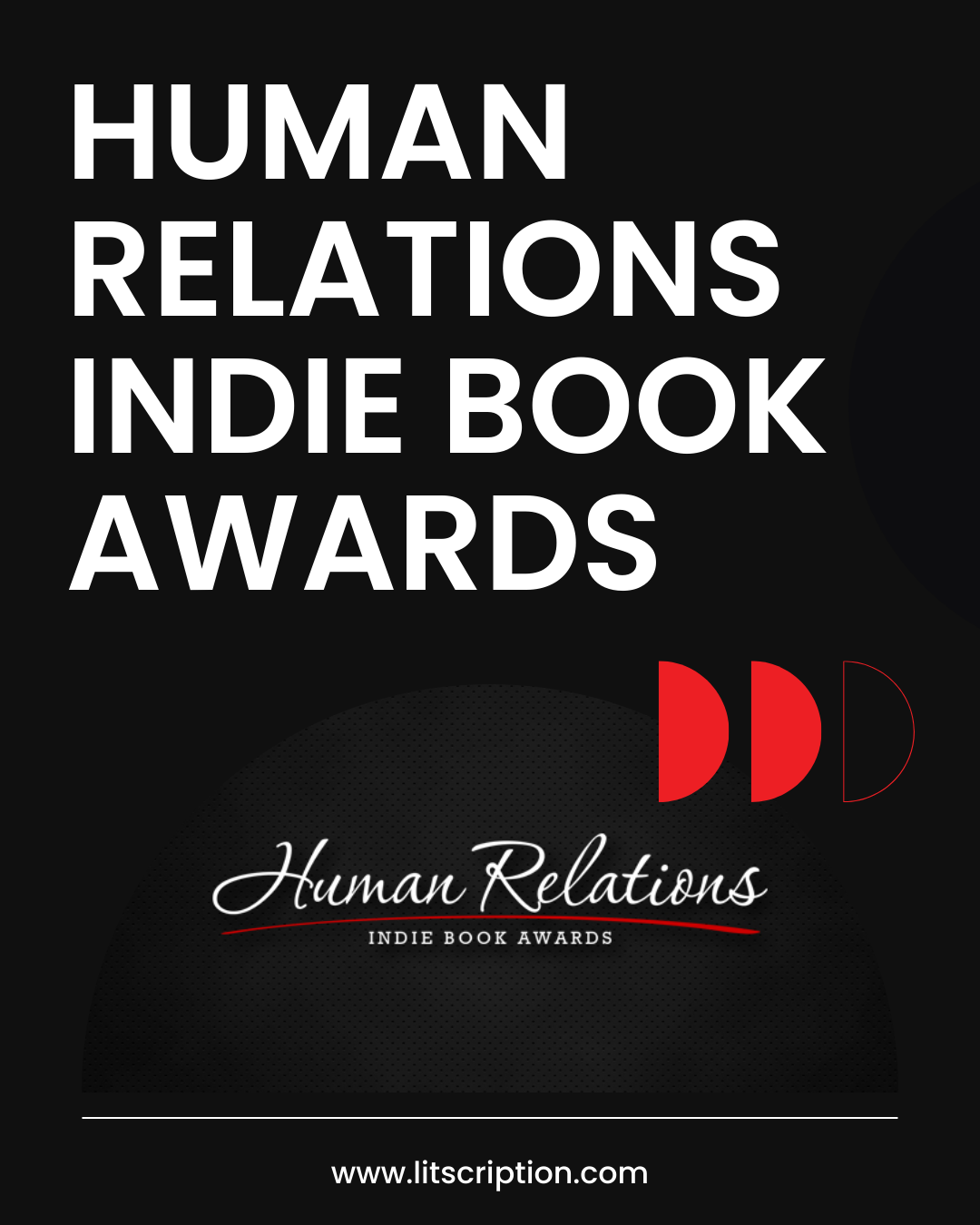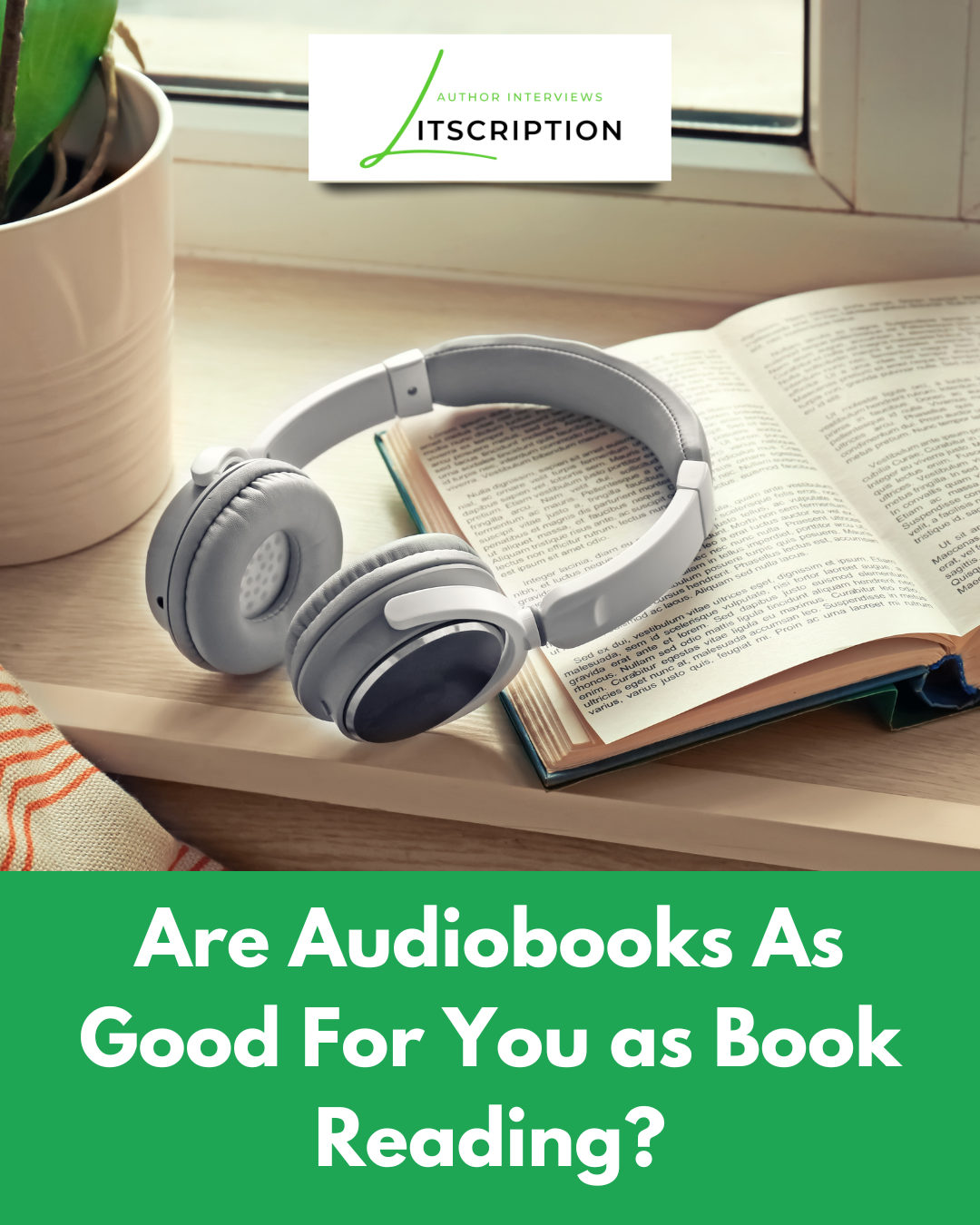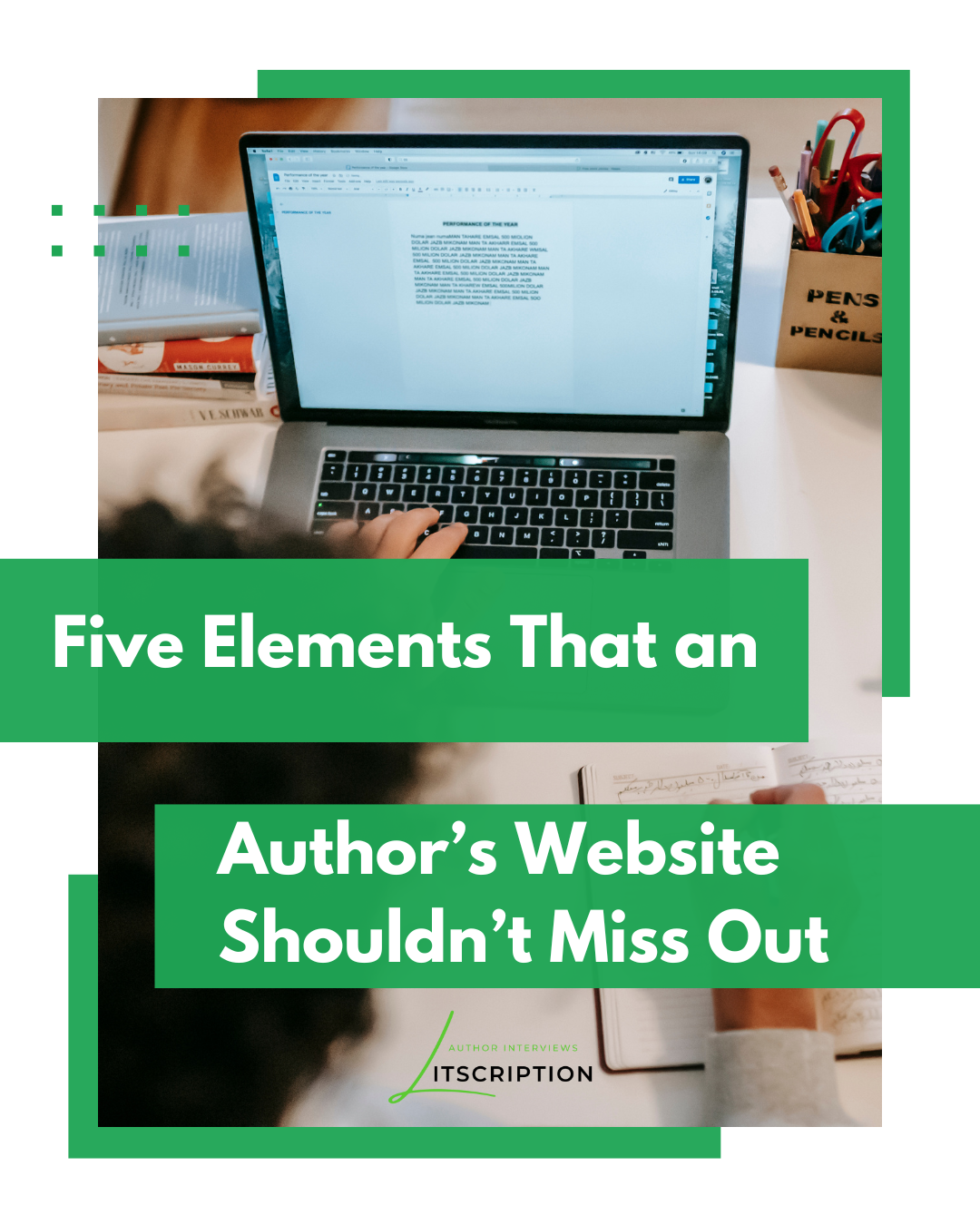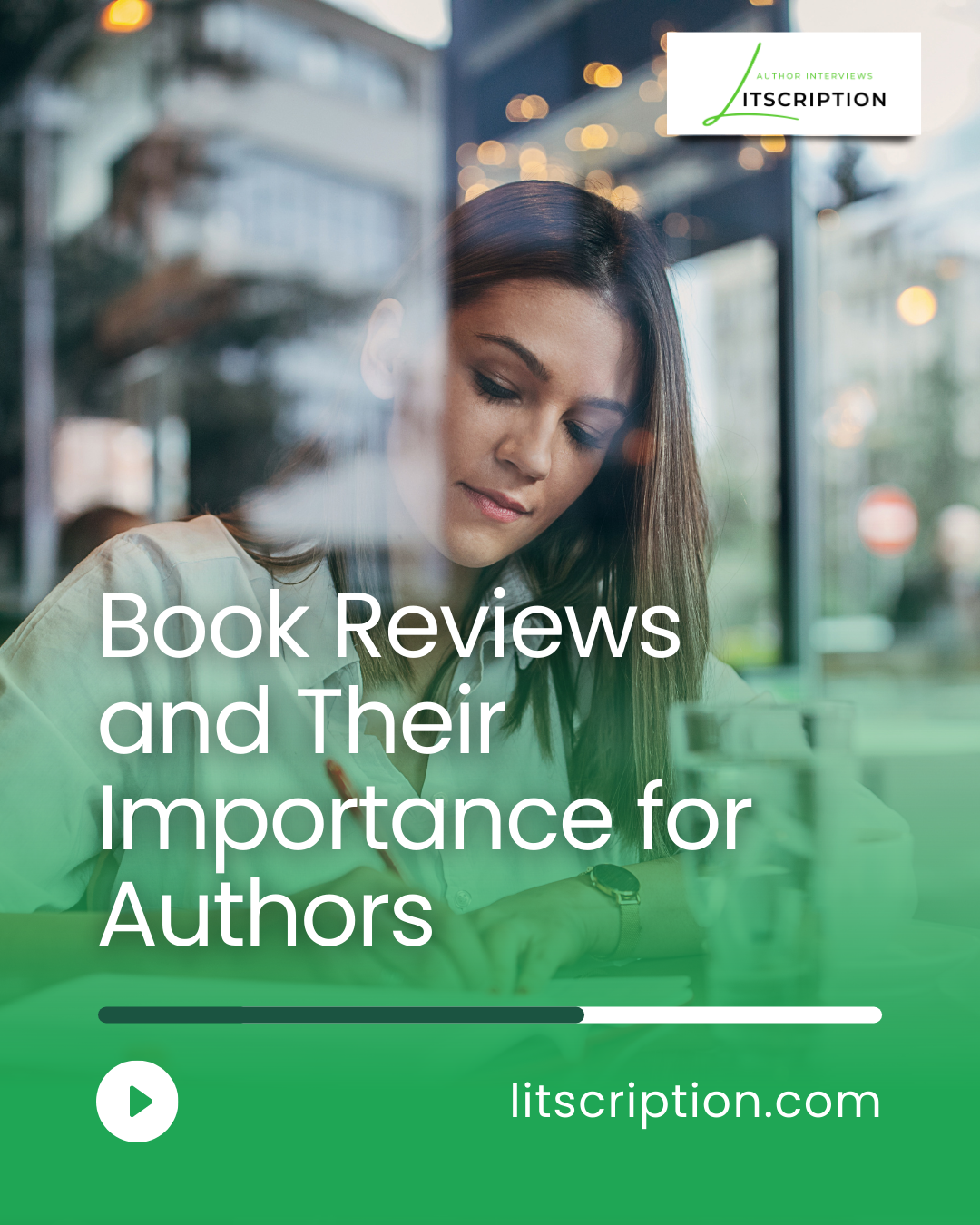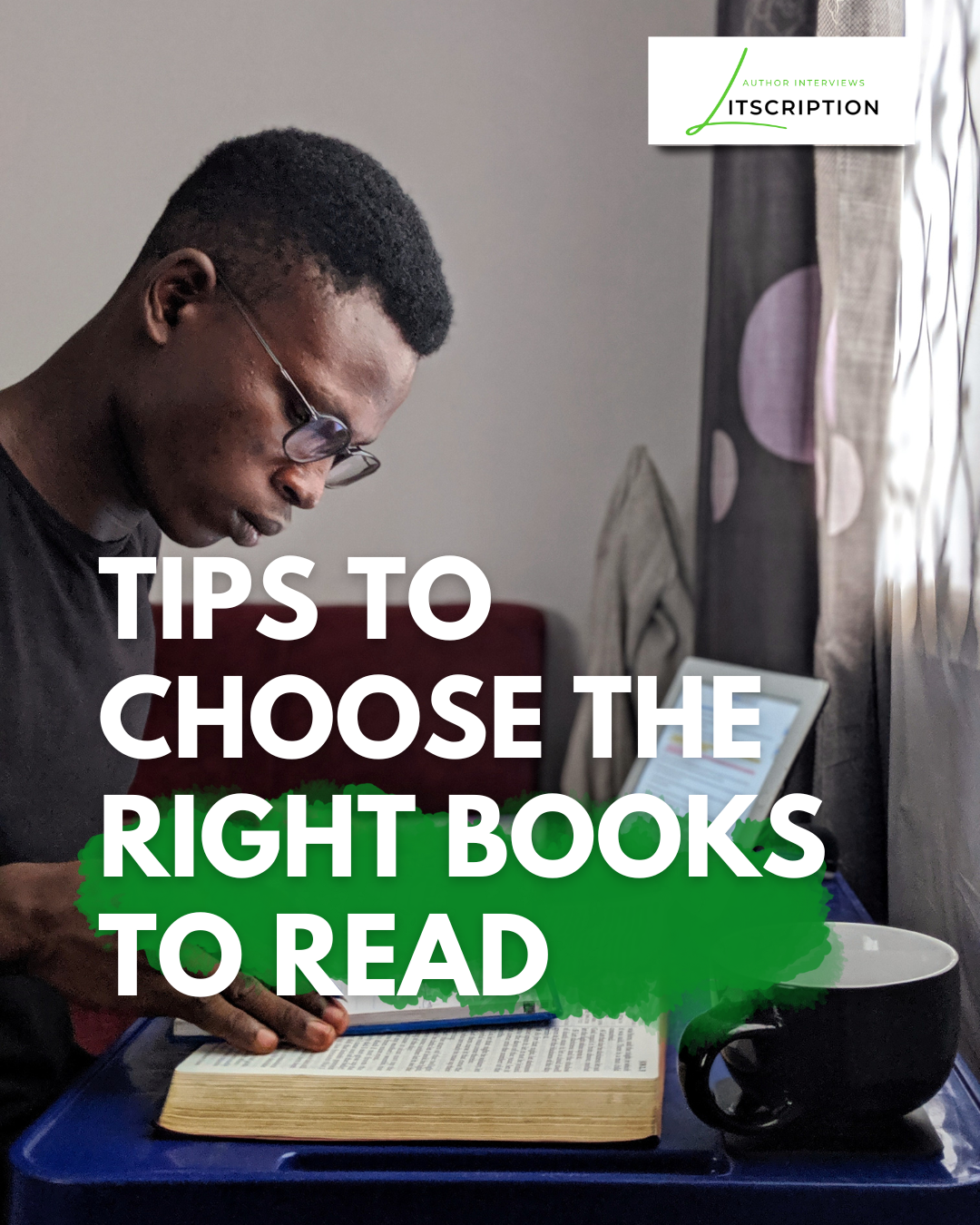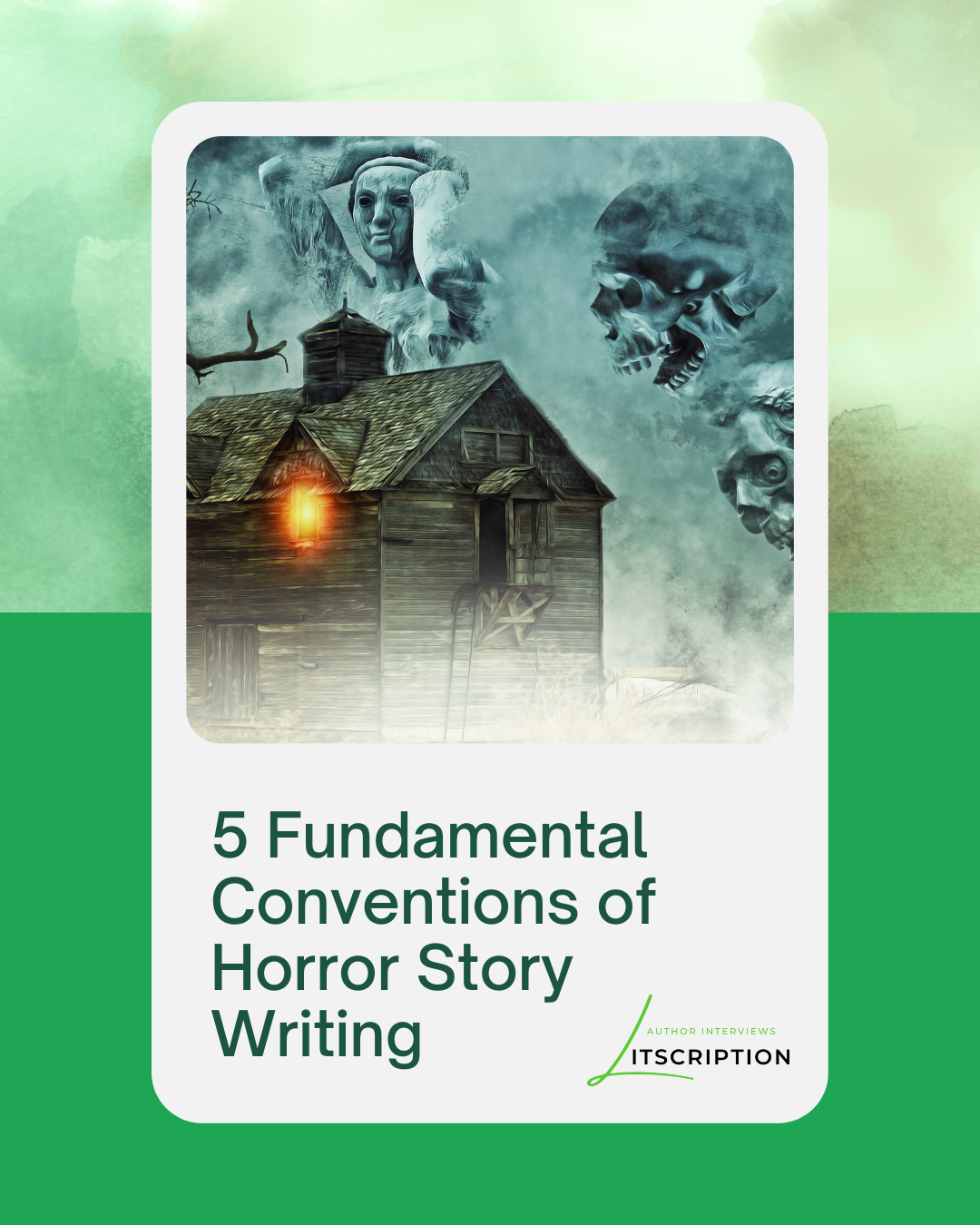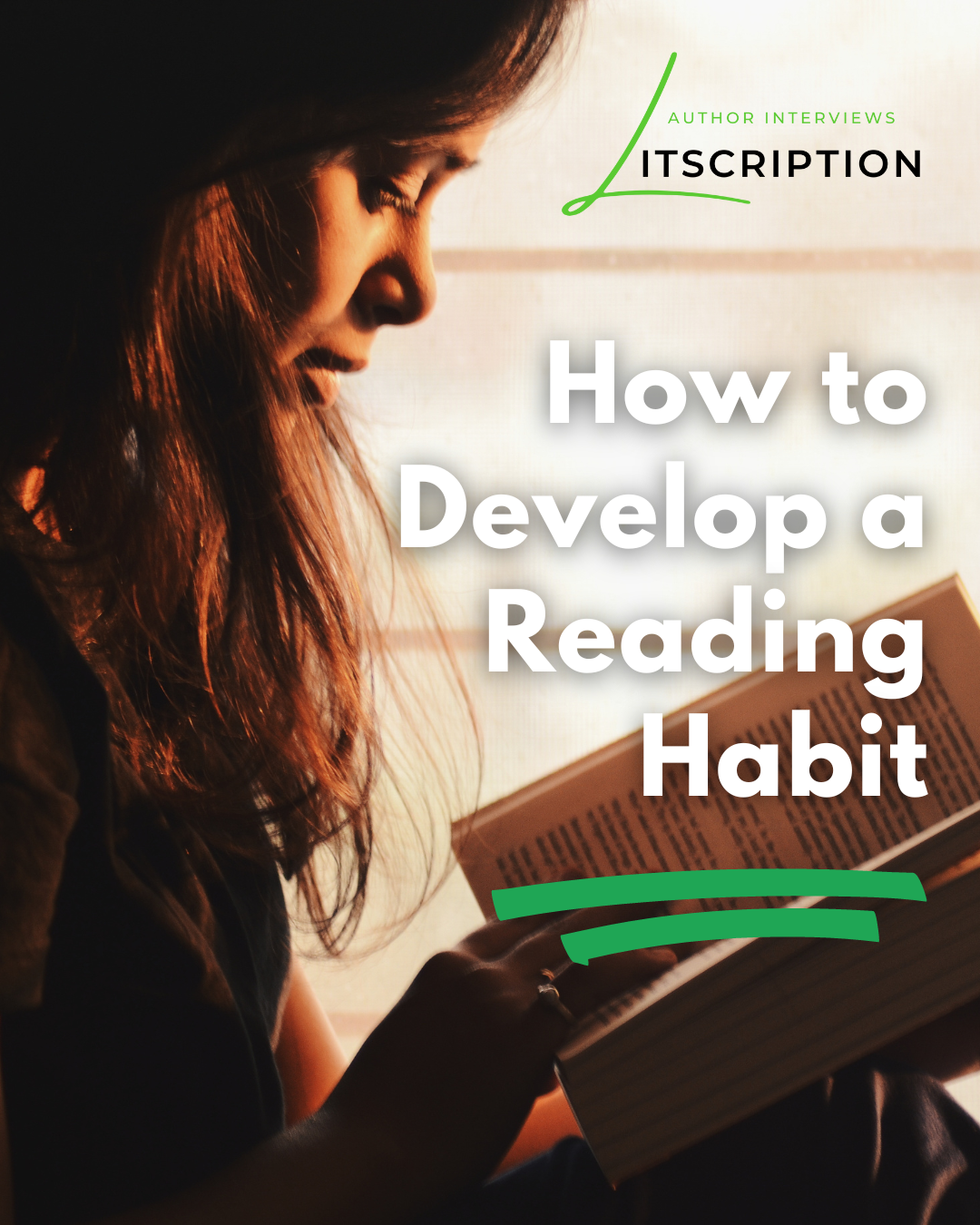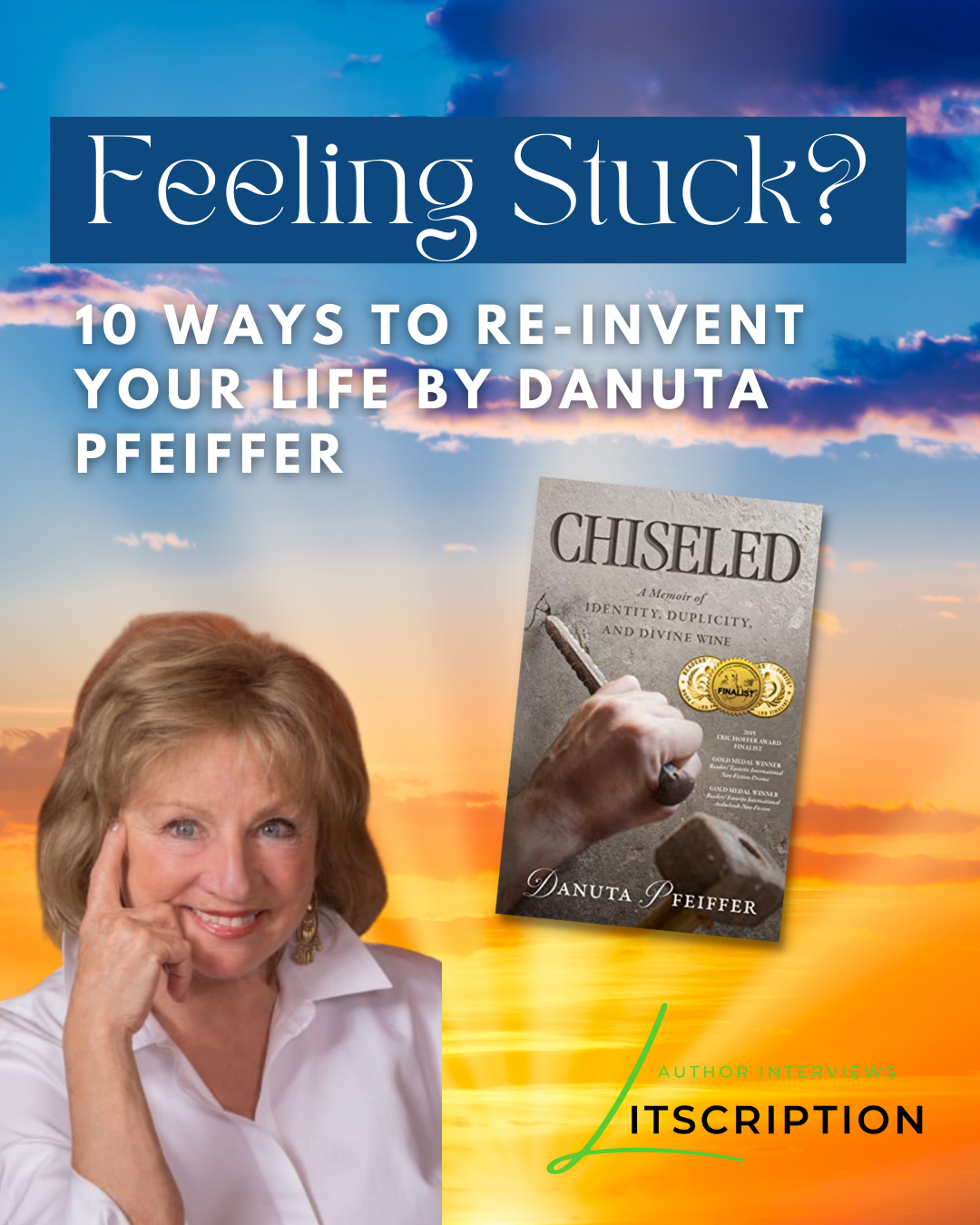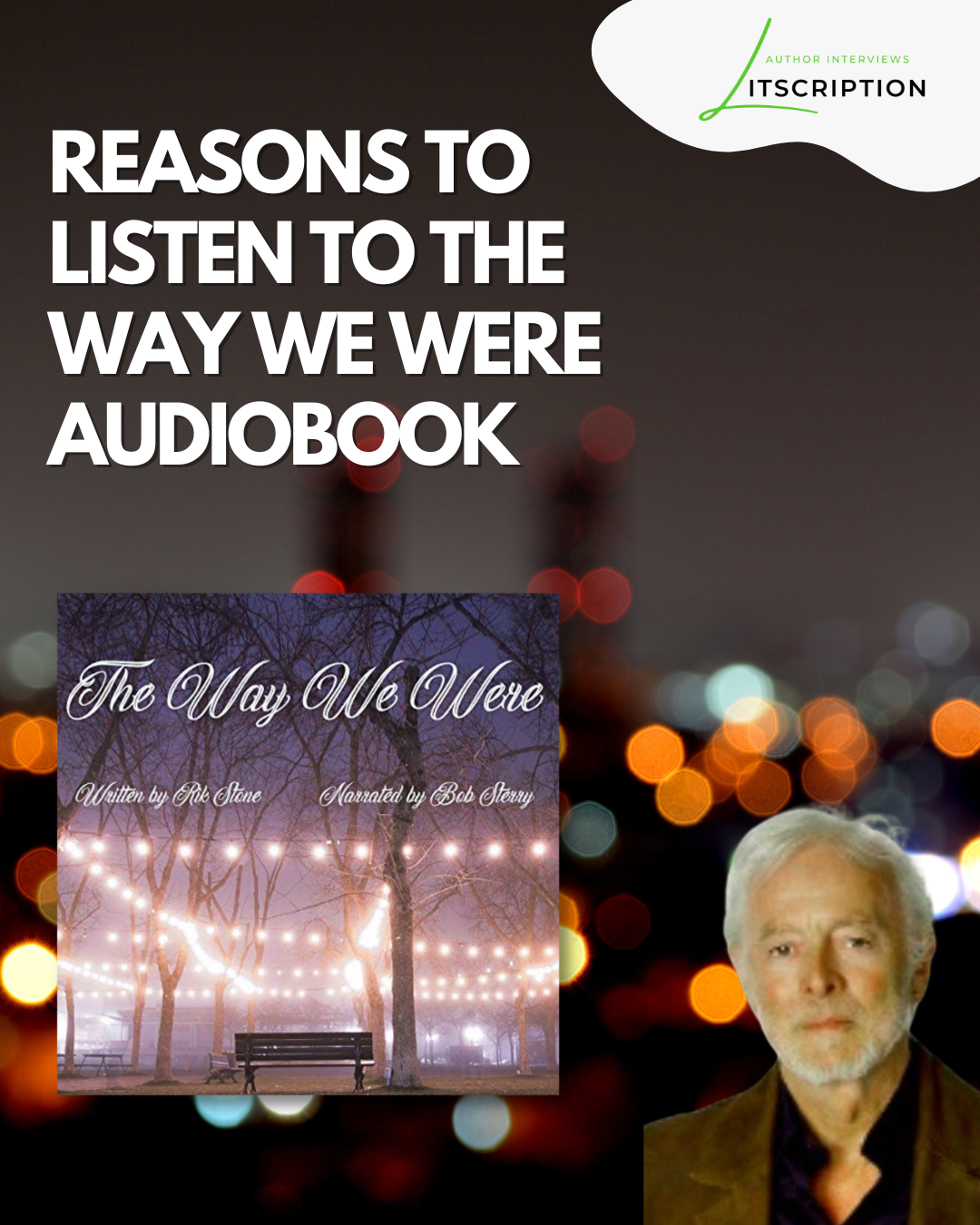Joshua Elyashiv is the author of Privilege Lost, a personal and poignant memoir that recalls his experiences and hardships throughout his time in prison. In our discussion, we aim to learn more about Elyashiv’s book. We do this by giving him open-ended prompts about his book, where we’ll discuss the process of writing it, as well as his own personal thoughts and feelings regarding the matter. With that being said, lets continue!
Explore the process of writing the memoir. Discuss the challenges, emotions, and insights that you experienced while translating your life into words.
Wow, starting the conversation with the atomic bomb of questions. I first started writing for therapy. I was having nightmares, and the PTSD was affecting my professional life as well. The first two pages, the graphic opening scene, that was written nearly 5 years ago. Then I did nothing with it for 2 years. I sort of forgot about it. In June of 2022 I sold my first company but stayed on to estimate projects for them. I drove between 500-1000 miles per week as our service area was so large, and so while driving between projects, I would voice-to-text directly into apple pages. There was no cohesion to what I was writing, I would just dictate whatever memory was present that day. Before I knew it, I had 50 pages! I am glad that my windows were tinted though, because there were times when I was crying, sobbing, as I dictated my story. More than once, I was so choked up that I could not even speak coherently enough for the phone to understand my words.
There was a day somewhere in mid-2022, when I was at Markee Music Studios with some local musicians. We were rehearsing some original punk rock songs, and I tried to introduce What I Know for the band to play. They were failing horribly to understand the emotion I was trying to convey, and I pulled out my phone and let them read the opening in scene. Our singer at the time, Sami, read it, burst into tears, sat on the floor crying for 5 minutes while the others read it, and then everyone dried their faces and knocked it out of the park. Totally nailed it. It was similar to the final version that is now on Spotify. What happened next led to the creation of Privilege Lost. The members of the band started texting me about twice per week each asking if they could read more. They were desperate to know what happened next. That was when I realized that I had a story worth telling, that others might want to hear. That was the moment it stopped being for self-therapy and started being a book.
Through writing this, there were days where I sat on the couch and my wife held me as I shook and cried. There were days where I had horrific nightmares and woke up crying or screaming. What’s worse is there were days where I was triggered but didn’t realize I was triggered and would lash out at my wife. My inner circle called me baby hulkroach as a result because I acted like a baby, raging like the hulk, and I’m impossible to kill like a roach. I have replaced almost every door in my home with solid wood doors because the doors did not survive the writing of the book. Writing this book nearly destroyed my marriage more than once, although we are much stronger now as a result. I unlocked repressed memories that became major parts of the book as well, courtesy of Dr. Erick Bricker and his amazing expertise with EMDR therapy. I was doing EMDR weekly while writing, because I could not handle processing the depth of my trauma without some professional assistance.
There were many insights that were gained about myself, my childhood, my family, my personality, my fears, and reactions to things, and about who I want to be as a husband, as a father, and as a person. I am a far better person, far kinder, calmer, and more stable because of writing this book. There were some major things that I would never have healed from, addressed, changed, or even been aware of had it not been for the experiences writing this book.
And I cannot forget that my editor, Daniel Weizmann, was as much a therapist as anyone else. The things he forced me to think about, elaborate on, and confront through the editorial process forced me even further out of my comfort zone. There were a few chapters that would not exist were it not for him, and he forced me to face them, kicking and screaming. I crumbled and sobbed in almost every meeting with him weekly for 6 months, but he is one of the best editors in the world for a reason and he knew what he was doing. My book is as awesome as it is because he pulled more out of me than I knew I had to give.
Dive into the theme of identity in your memoir. Explore how being a “nice Jewish boy” influenced your experiences in prison and how you navigated your identity in the face of adversity.
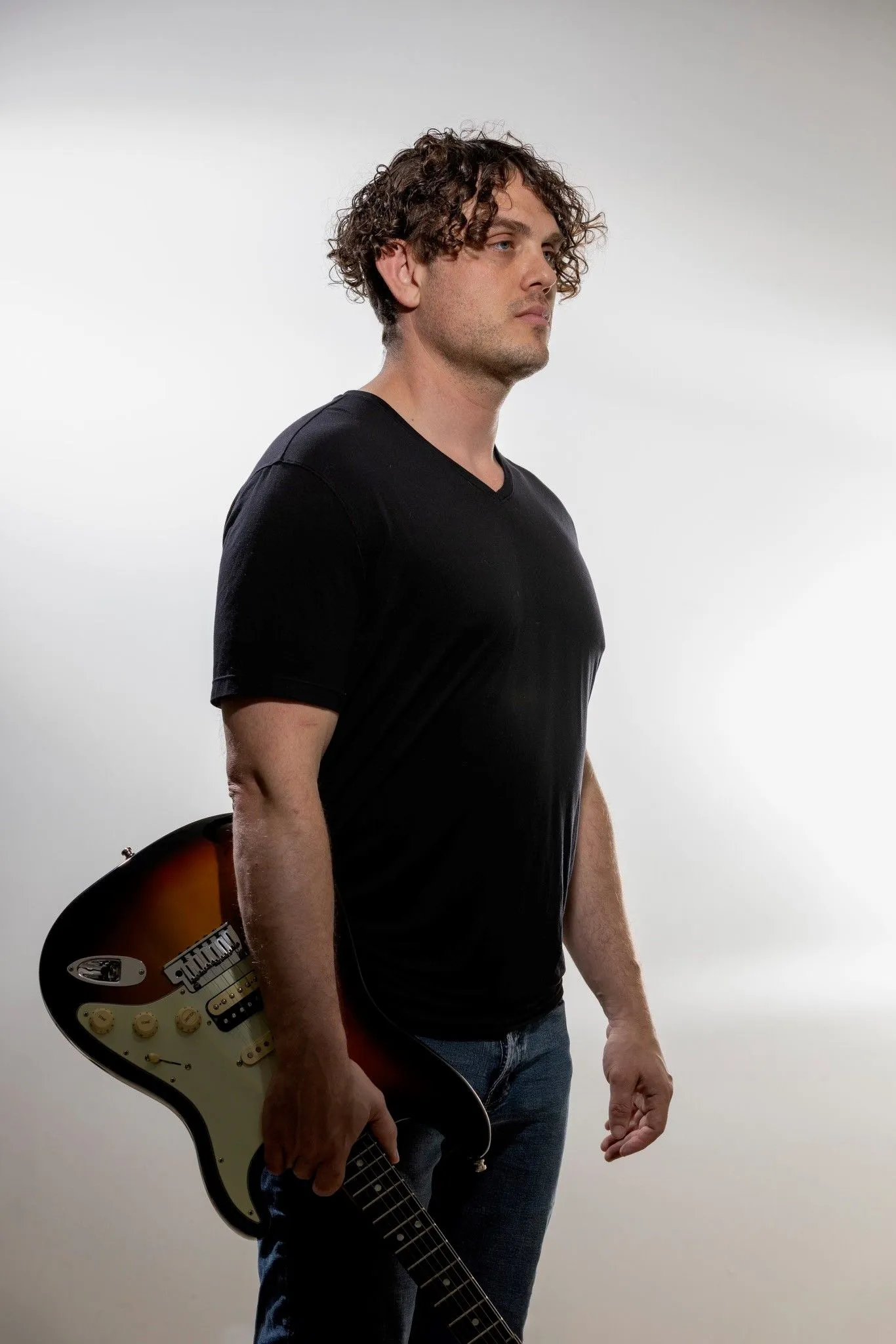 Let’s back up just a little bit. My identity since teen years has always been that of a tough guy. I always thought I was lethal and the baddest guy around. I did not understand why my grandparents didn’t fight back against the Nazi’s, but I swore no one would ever hurt me or oppress me physically like they were. I went to military school, and I joined the marines after. Up until I was in my 30’s, my identity and life was largely centered around martial arts and physicality.
Let’s back up just a little bit. My identity since teen years has always been that of a tough guy. I always thought I was lethal and the baddest guy around. I did not understand why my grandparents didn’t fight back against the Nazi’s, but I swore no one would ever hurt me or oppress me physically like they were. I went to military school, and I joined the marines after. Up until I was in my 30’s, my identity and life was largely centered around martial arts and physicality.
I have never wanted to hurt anyone, but I also never wanted anyone to be able to hurt me. I have never had a malicious bone in my body and have never wanted to cause harm unless it was necessary self-defense. That is the “nice Jewish boy” side. I have always had respect for authority, reverence for my elders, and believed that I had a duty to protect and assist anyone weaker than myself. I believe wholeheartedly in Tekun Olam, which translates into “heal the world”. If in my entire life I do one good thing for someone, and they do one good thing for someone, and so on, then everyone is doing someone to make the world a better place and the world gets changed. If I save a single life, I save the world. If I take a single life, I destroy the world. That life could be the grandfather or grandmother of the person who ends hunger, or solves global warming, cures cancer, or achieves world peace. I have always been innocent and optimistic, idealistic even.
Through my journey, I had some close encounters with a darker part of me that I did not know existed. There is a darkness each one of us carries but most aren’t aware of unless we are forced into a corner. The ability to shut all emotion off and sever connection to humanity to survive, to engage in great violence against another human… this is something that is rarely seen outside of MMA fighters and sociopaths, and the occasional Fortune 500 CEO. There were a few encounters where I almost lost my humanity. My favorite philosophy quote always seemed powerful yet abstract until I experienced it firsthand. Friedrich Nietzsche said, “Beware that, when fighting monsters, you yourself do not become a monster… for when you gaze long into the abyss, the abyss gazes also into you.” There were two encounters where I became the monster, towards the end of my book. The second of these was the climax of my story, as this was the moment when I realized that I didn’t want to be a tough guy anymore, I didn’t want to fight anymore; I did not want to be the monster that I had spent my entire life thinking I was fighting against.
We should each be careful what we wish for. Hubris is a bitch, just like karma. I spent years wishing and hoping to find myself in a real-life situation where I could test my combat skills that I had worked so hard to perfect. I spoke and thought it into existence, because I had wanted it so bad, I even prayed that I might find myself in a mugging, or in jail, just to be tested outside of the dojo, with no referees and no mats. It was not what Hollywood made it out to be, and it was a brutal awakening to the realities of what I am capable of, who I am and who I am not.
Analyze the narrative structure of the memoir, focusing on the balance between adrenaline-pumping moments and introspective agonies. Discuss how this bridge shapes the overall storytelling.
Well, if this was a movie or Netflix series, it would have intense action scenes separated by quiet moments of me alone in a cell crying with my head in my hands, or just starting at the floor. About 16 hours per day was spent in a tiny cell alone or with one inmate, and all the action was confined to the eight hours a day outside the cell, broken into two-to-three-hour segments. There was a lifetime of solitude and introspection crammed into five years. Plato, Socrates, and Aristotle would be proud of the amount of time I spent thinking about my past, my future, my present, my emotions, reactions, choices, and my flaws.
While the action is vivid and the introspective agonies are heartfelt, I would draw attention to the parts that bind them together. The moments where there was no action, but I was not alone with my thoughts. Those moments show the humanity and strength of men society sees as broken or worthless. Those moments show how the survival of the adrenaline, and the solitude are entirely tied to the connections made between humans, the kindness and support that we each provide to each other. That is the real story here. I wanted my book to shed light on what I endured, the corruption and abuses, but as it turns out the real story is about the bonds that were forged through mutual suffering. Like Band of Brothers, it’s not where we come from or what we have endured that defines us or allows us to survive. It is the connections that we share that define us and prove that we need each other to survive.
Explore how cultural identity played a role in your experiences. Discuss the challenges and moments of connection with your cultural background during your time in prison.
This one is a doozy. My cultural identity is a three-way intersection between US Marine, Jew, and Viking. I did a 23 and me and unlike most people who have a huge mix of ancestry, I am 49% Ashkenazi Jew, 49% Scandinavian Viking, and 2% Neanderthal. The Viking ancestry made me an ideal candidate for recruitment into the White Supremacists gangs, as did the Marine Corps tattoos and demeanor.
The Florida White Supremacist gang known as the Unforgiven tried repeatedly to recruit me. I pride myself on being an independent thinker and had no interest in being part of a gang where someone else could tell me when I had to fight and how I had to act. However, the same things that made me such an appealing candidate for recruitment to the White gangs made me an enemy of the black gangs. I look like a white supremacist, especially in prison where you are forced to shave your head every other week.
As a Marine, I have self-confidence in such abundance that I do not subscribe to the need to demonstrate my masculinity. Since I didn’t care about looking, walking, talking, or acting machismo and brutish, I was perceived to be a homosexual marine. I didn’t care. I proudly announced my Jewish cultural identity regardless, wearing kippa and tzitzits every day. Oddly enough, this made me a target of the chaplain and his staff, because if you were not an evangelical apostolic Christian, you were wrong. Picture this: An orthodox Jew who looks like Chis Hemsworth from Marvel’s Thor, playing guitar in an evangelical church service while wearing a yarmulke and tzitzits. That was me.
My intersections of cultural identity made me an enigma. I was a white boy who could fight yet did not identify as white. I was an orthodox Jew playing Christian praise and worship music. I was the effeminate and possibly gay Marine. No one knew what to make of me. And that worked for me, because while I did not have a gang behind me, I also did not have any real enemies as a result. Inmates were unsure of where I stood on these things, but the air of mystique also kept the predators at bay. They did not prey upon the possibly gay white boy, because I was a Marine and I could (and would) fight. Was it worth the risk? Generally, no, because predators are cowards, and they fear what they do not understand. I will not say that I earned the friendship of these groups, but I earned their respect because while I was a cultural enigma, I never strayed from my position and was fair towards everyone regardless of color, culture, gang affiliation or religion.
Share stories of readers who have connected with Privilege Lost. Highlight the impact the memoir has had on others and the conversations it has sparked.
Lets start with the elephant in the room: my step mother and step sister have both left 1 star reviews on good reads, amazon and elsewhere claiming my book is full of lies, without having read the book. In fact, they left scathing reviews of my book before the first copy was delivered to any reader. They were worried that I would expose the skeletons in their closets (I didn’t say a single unkind word about them if I even mentioned them at all; the skeleton exposing is in my newest book I am currently working on).
I have really ruffled some feathers. Hard-core right-wing conservatives and die hard Christians who have absolute blind faith in law enforcement and believe that cops are infallible are generally the ones most triggered by my story. Eric Shrybman, owner of Everglades Building Services, has emailed me repeatedly accusing me of treason, telling me I belong in Guantanamo Bay, and that I should have died in prison. David Assip, a student that also attended Sarasota Military Academy, has made death threats towards me and my family. Others have taken any news article they can find and posted it all over social media attempting to discredit me. My response to them is generally something to the effect of “Thanks for telling everyone the summary of my book! I appreciate the shout out!”
On the other hand, every person who has actually read my book or listened to my podcast about the book has been moved to tears, moved to action, and has reached out to me. People I went to high school with have contacted me telling me that they had no idea back then what I was carrying, and that they wish I had talked about it then because they were desperate for a friend who understood their burdens.
I have had an outpouring of people who were shocked and appalled by what happened, including Correctional officers, law enforcement officers, doctors, lawyers, etc. Just yesterday, I received the following message from a reader whose husband is a correctional officer: “Hey, finished the book and loved it. I left a review but I didn’t see it on there. Honestly with everything you went through I have a different kind of respect for you. I just wanted to give you a hug while reading it and tell you that you got through it and survived. Seems like you met some incredible souls in there that also got fucked by the system. The guy who got a life sentence for the home invasion, it’s sad. I wish I can give him a hug too. Isn’t he a vet too!? Wtf is wrong with this country. My cousin is in prison (the one with the big seagulls) for raping his own daughter and having a firearm. I can’t remember his exact charge for the firearm, but he got 30 years. His release date is 2043. He did the most vile thing in this world and he’s going to walk out someday and live a free life. But your friend robbed someone’s home and broke the victim’s nose during a scuffle, he got life. My husband is in law enforcement and even worked at the Charlotte Correctional Facility and I was telling him about the book and he was disgusted with what I was telling him and how you were treated. I’m truly appalled by it. I learned a lot from your book and thank you for writing something that opened my eyes to some dark stuff. But like I said, I have mad respect for you and I’m incredibly proud of how just kept going through it all. I got emotional while reading it when your grandmother passed away and when your father said he never told her you were in prison. I’m sure she is looking down on you and even more proud knowing you went through what you went through and still kept your faith.”
Here is a message that I received over the past weekend: “So far, the book is good bro. I didn’t know you went through that at Sarasota Military Academy. I’m looking forward to finishing the book. Back then, we all carried our own burdens and thought we were alone, so we carried them alone. Man, if we had talked then I think things would have been different between you and I bro. We got a lot in common. I am honored to be your friend.”
A reader in upstate NY just sent me the following message this morning: “Hi, I read your book. Very well written but so, so sad. You are definitely a survivor. Just how horrible to endure such inhuman conditions. Parts brought tears to my eyes. Stay strong and be happy.”
Even the critics have stated in their reviews that they want to do something, they must do something, but don’t know where to start. This is what I wanted more than anything: to inspire people to want to act and create change, to create a better world. And the first steps for anyone who doesn’t know where to start are simple: stop judging or looking down on people who have a criminal record. The average American commits 7 felonies per day, but just doesn’t get caught. If you have never been arrested, the only difference between you and someone who has been arrested is they got caught and you did not. Kindness and compassion go a long way towards fixing what is broken. I think that my readers have their eyes opened and gain a greater understanding of humanity. We are all human, one planet of people who all feel pain, have hopes and dreams, and deserve love.
Delve into your perspective on the justice system based on his experiences. Discuss any insights you provides in the memoir and your thoughts on potential reforms.
It is broken beyond repair. We need a total overhaul. Our nation has a recidivism rate of nearly 100%, and we have a larger percentage of our population in captivity than any other nation on earth, including places like Iran, North Korea, etc.
The justice system in America lacks any focus on truth or justice. It is almost entirely about money. The federal government provides billions of dollars in funds for prisons, and they pay per inmate. The more people incarcerated, the more money the government hands out. Furthermore, at least in Florida, the state has an arrangement with the federal government regarding child support. Whatever the court orders a parent to pay in child support, the federal government will match it and pay to the state, but only if custody is awarded to the mother. This is incentive for the state to lock men up and take them away from their children, because it is profitable. Florida’s largest industry is not tourism. Tourism is number 2. The largest industry in Florida is the prison industrial complex. Inmates are not paid for their labor, but the labor is mandatory. If you refuse to work for free, your sentence is extended, and you are put in solitary confinement.
Looking at the Scandinavian countries which have had no officer involved shootings in decades, and have single digit recidivism, you know it is possible to reform or help those who make mistakes, without abusing them, without the revolving door, without guns and killing, and without abusing them. Science has proven that teaching your child with love and compassion is a better way to change an undesirable behavior than beating your child. Why should the method be any different with adults? Are we less deserving of compassion and love because we are 18 years old instead of 8?
The entire system needs to be dismantled and redesigned. Life sentences for a 16 years old? That is absurd. I am 35 and can look back on me at 33 and see huge changes and growth. How much more so for a 16-year-old? Mandatory sentences for crimes do not deter crime. 5 years mandatory for breaking a man’s nose in self-defense is insane. The courts wanted to send me away for THIRTY YEARS for this.
Our constitution for the United States of America bans slavery, EXCEPT AS PUNISHMENT FOR A CRIME. The 13th amendment legalizes slavery as punishment for a crime. Read that again. That is incentive for mass incarceration, no? the money that can be made if you do not have to pay your labor force, and get the government and taxpayers to cover all the costs of housing, food, etc. It is mind blowing. Most Americans are not aware that slavery is still legal nationwide, if you justify it by charging the slaves with a crime before you enslave them. Crimes with no victim should not be punishable by incarceration. Non-violent crimes should not be punishable by incarceration. Drug crimes should require rehab and treatment, instead of captivity. If the per person money was applied to rehab and community services instead of prisons, we would solve the homeless crises and hugely decrease drug addictions. If we stopped providing military grade weapons such as grenade launchers, armored trucks, machine guns, sniper rifles, and body armor to law enforcement, we would have billions per year to invest in community outreach programs. I am not saying to disband the police, but to reappropriate the bulk of their funding. Each state has a national guard for any situation that would require a lethal or military level of weaponry. When a prison has a riot, the police are not called-the national guard is. That is their purpose. Police should not be warriors. They should be counselors, diplomats, and community servants. 100 years ago, police were loved and respected. You would feel safe if you were driving and saw a cruiser. I do not know a single American alive today that sees a cop while driving and feels safe. Rather, you check your speed, slow down, drive more carefully, use your signals, put your phone down….why? because you are afraid of being pulled over, harassed, fined, searched, framed, etc. You can deny it if you want to, but next time you see a cop car while driving, be aware of your reactions. You will find that I am right. We are collectively terrified of police, even if we support them. That means we live in a police state with gestapo rather than public servants.
The change to our judicial system needs to be multifaceted. It must be a change of how we police our communities. It must be a change of how our taxes are used to fund local armies instead of helping our community. It must be a change in sentencing laws because we over sentence 100% of our incarcerated population. It much be an elimination of mandatory minimums. It must be an elimination of using the prison system to house the mentally ill. It must be an elimination of the prison system as a slave labor force.
Compile advice and lessons from your memoir for individuals facing challenges or adversity. Offer inspiration and encouragement based on your journey.
You can do this. The darkness is momentary, but it always gets better. I looked to my grandparents for inspiration when I couldn’t find the strength in myself. If they could survive Auschwitz, the constant threats of being shot for entertainment, the starvation, the cold, the conditions, with no hope of release or freedom, having committed no crime other than being born Jewish, I could survive what I was going through.
For anyone struggling, oppressed, or facing adversity: you can do this. You are doing great. Take each day one at a time and tell yourself that you are doing great. Speak it into existence. Even if you do not believe it, tell yourself you are doing great until you do believe it. If you need something to motivate you to survive and keep going, you do not need to have a positive motivation, just something that makes you keep going. For the year that I was being tortured and beaten, my desire for revenge was greater than my desire to end my suffering. That got me through it. I never got revenge, because by the time I could get revenge, enough time had passed that it no longer mattered.
Find something to focus on that makes you appreciate something. For me, it was seeing a bird fly, or feeling the wind on my face, or looking at the clouds and just appreciating the colors. It is not much, but if you can find something to appreciate, you can find peace even in the most chaotic environment.
And most importantly. Do not try to face anything alone. You cannot. You will not. We are meant to connect. We are all connected, and denying that connection makes things exponentially harder than they really are. Do not look for the connection you want, but just allow them to happen. You may find the most powerful connections in the least likely places: the grumpy elderly man next door, the mail lady who comes by at 3:17pm every day, the immigrant who cuts your grass, or an inmate serving a life sentence for stealing a tv.
Find the Author
Privilege Lost
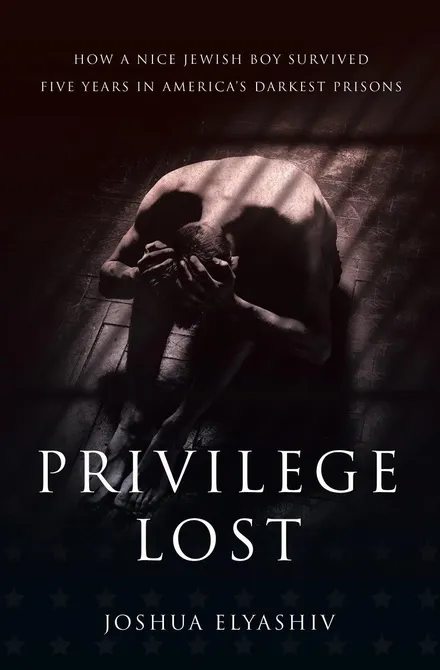 Many nice young upper-middle class white boys have dreamed about being the ultimate bad-ass. Few have been forced to prove it. For straight-A student and suburban Jewish boy Joshua Elyashiv, the dream of being tough and invincible, like his heroes Jason Bourne and Bruce Lee to name just a few, was so overwhelming that he convinced his parents to put him through military school where he became a decorated martial arts pro.
Many nice young upper-middle class white boys have dreamed about being the ultimate bad-ass. Few have been forced to prove it. For straight-A student and suburban Jewish boy Joshua Elyashiv, the dream of being tough and invincible, like his heroes Jason Bourne and Bruce Lee to name just a few, was so overwhelming that he convinced his parents to put him through military school where he became a decorated martial arts pro.
Then, through a fluke chain of events that Joshua never could have predicted, he was arrested and sentenced to 18 months in prison for a clerical error. After a brutal confrontation with a violent guard, the sentence was extended to five years, hard time. Worst of all, his father cut off all contact.
For five relentless years, Joshua was forced to defend himself against some of the toughest, most ruthless men in the world. Incredibly, he survived-and never gave up the desperate fight to prove to his father that he was innocent. Even more incredibly, along the way, Joshua learned the true meaning of strength-inner and spiritual-and discovered that empathy, compassion, and knowing when to walk away from a conflict is the purest form of strength.
PRIVILEGE LOST is the true first-hand account of an “everyday nice guy” who had to fight for his life among some of the most violent and dangerous men alive, in some of the grimmest cages in the world. This gripping memoir explores the horrific violence he endured, traversing the bridge between adrenaline-pumping life and death moments and those deeply introspective agonies where Joshua came face to face with the reality behind his fantasies.
Along the way, he learned that true kindness can come from the most broken souls, and that so much of what we call justice is really just smoke and mirrors to protect those with power and privilege. With humor and pathos, PRIVILEGE LOST looks across economic, cultural, racial, and religious boundaries with wide open eyes, confronting the harsh realities of a criminal justice system in deep need of reform.
Like Piper Kerman’s Orange is the New Black, Susanna Kaysen’s Girl Interrupted, and Avi Steinberg’s Running the Books, PRIVILEGE LOST is a deeply personal memoir, with a message of survival and growth that so many can relate to.
